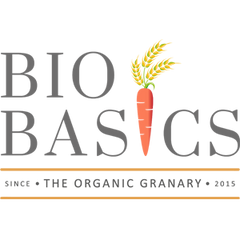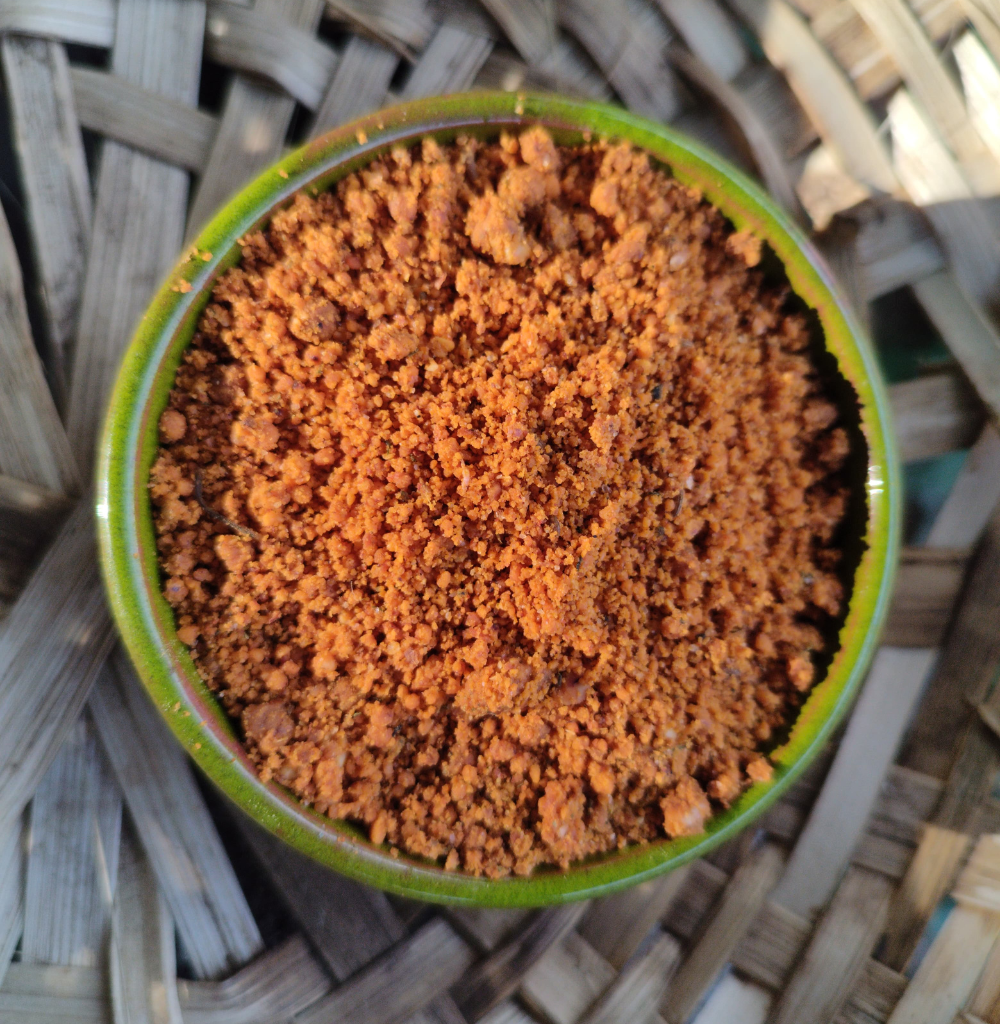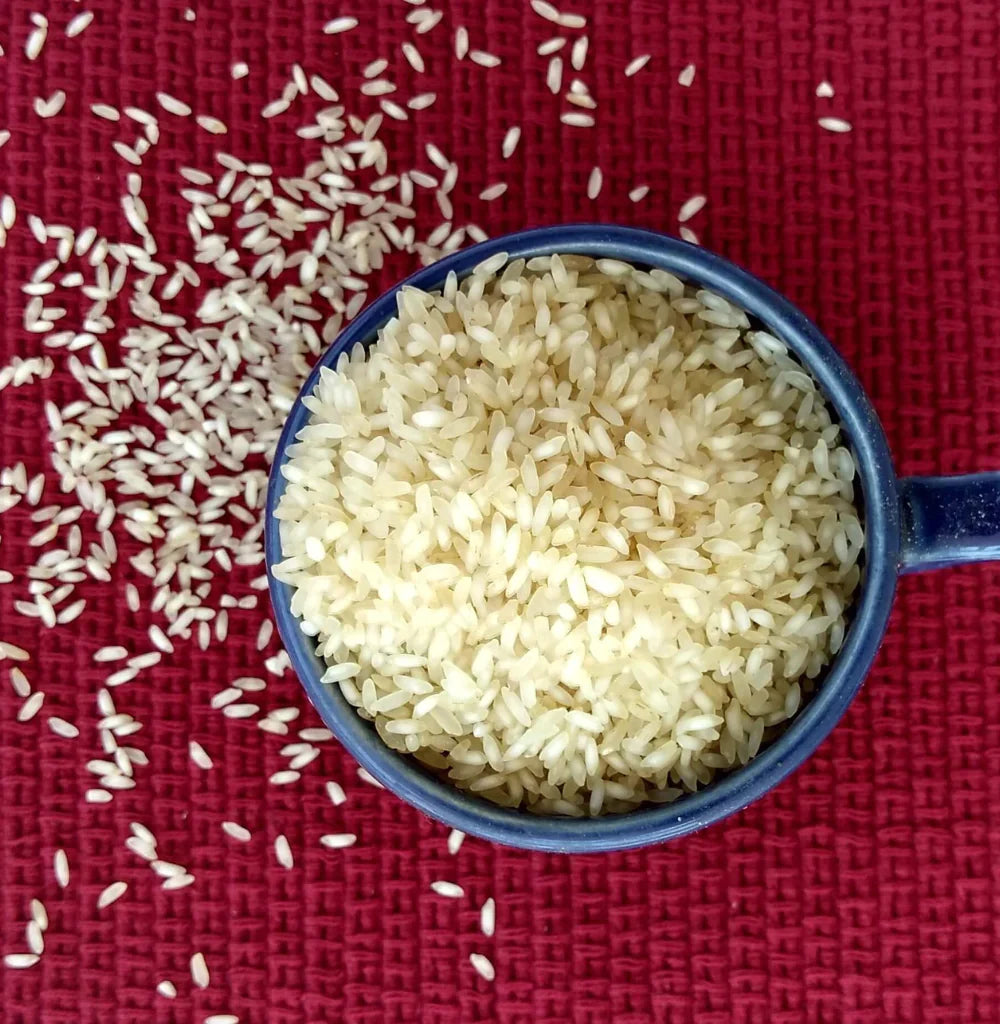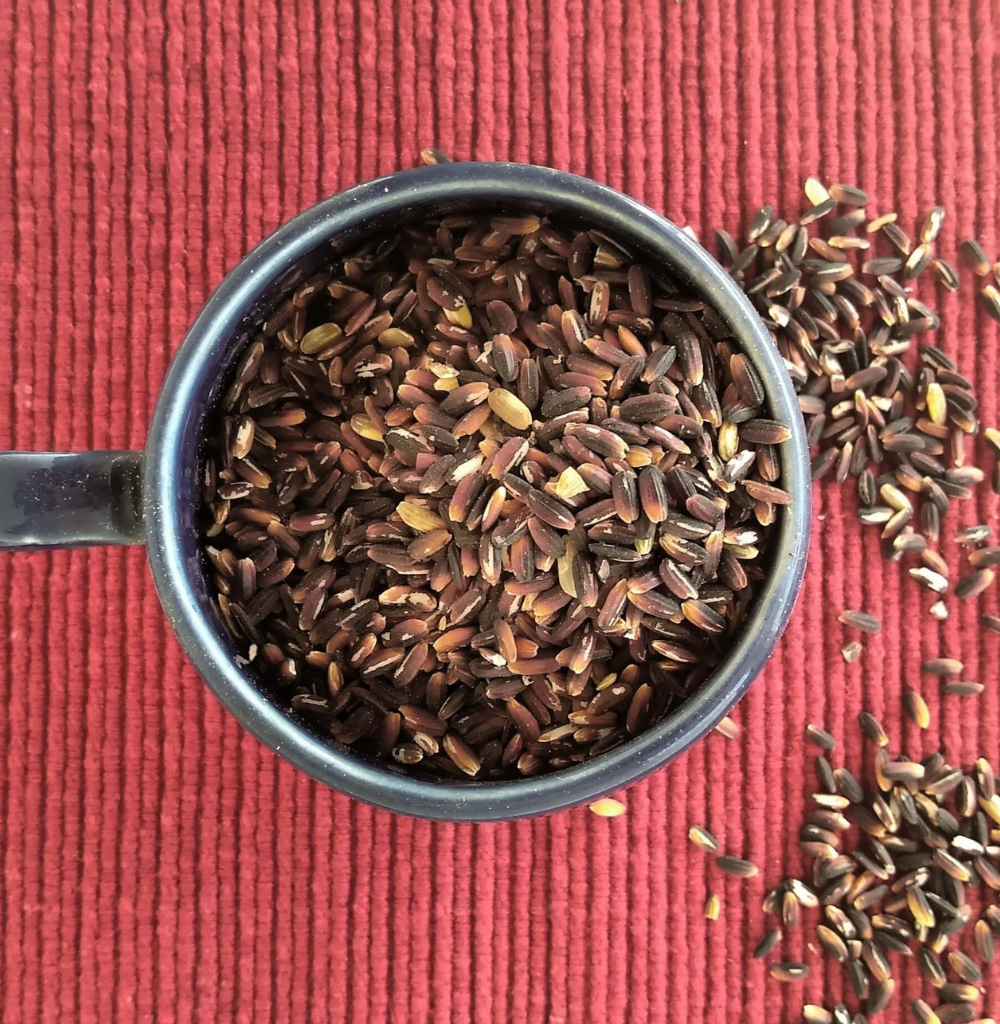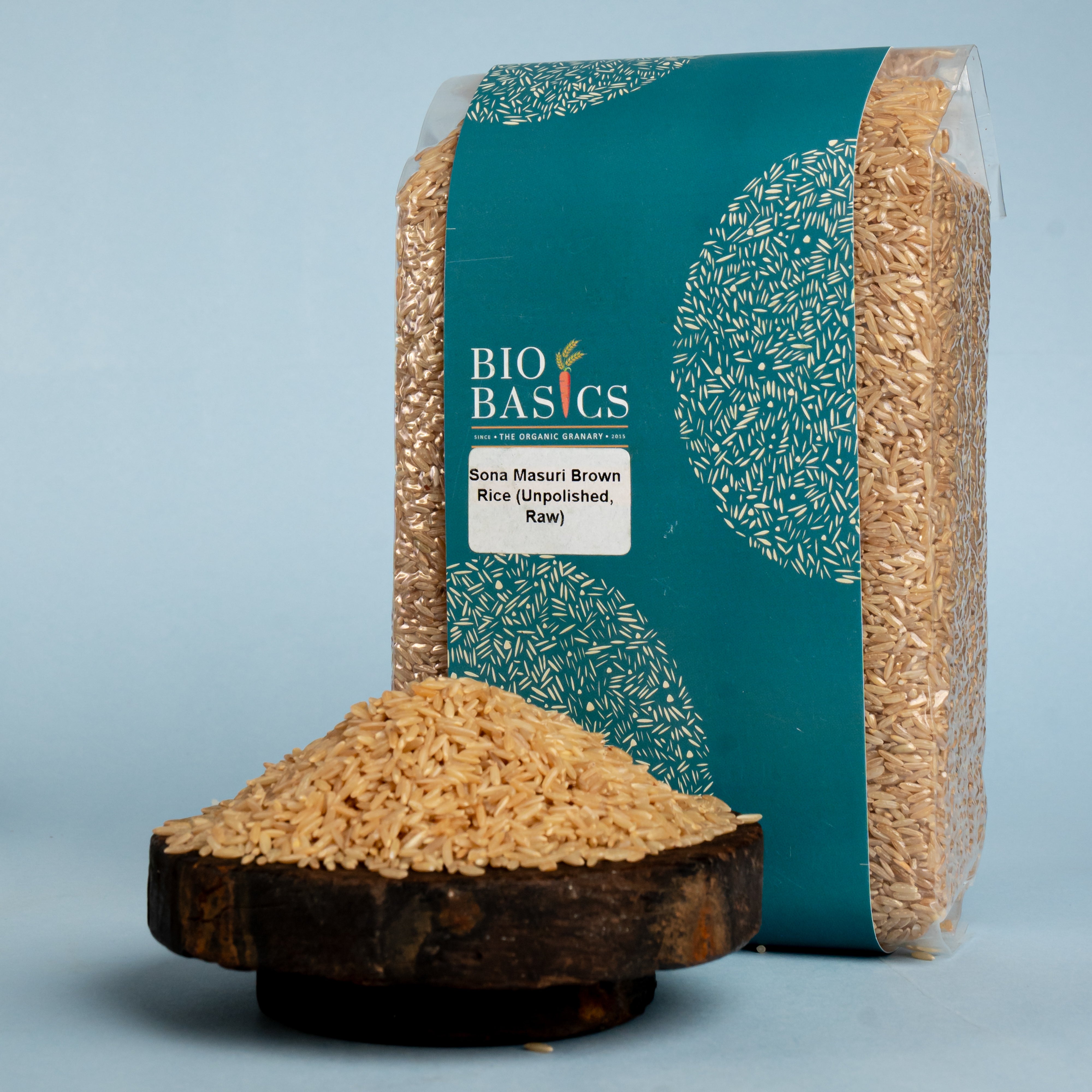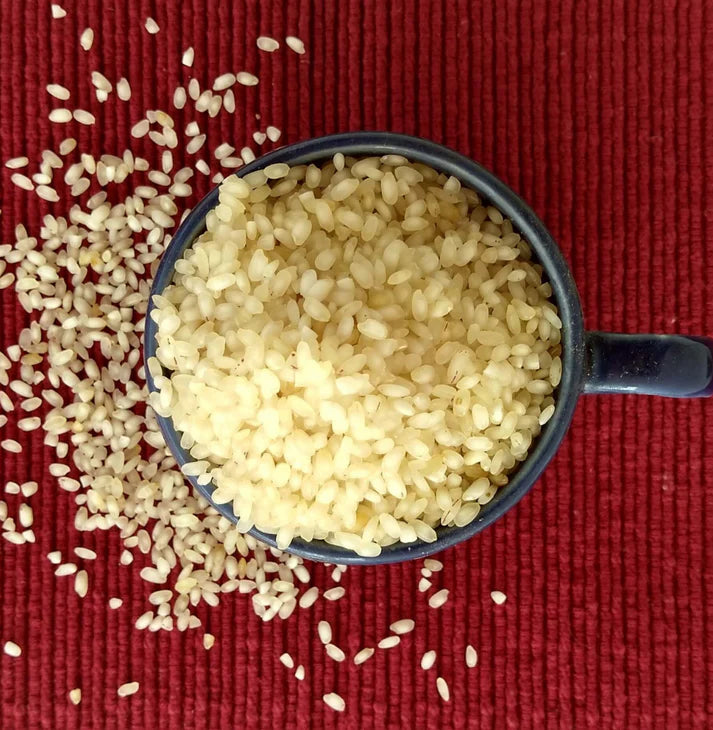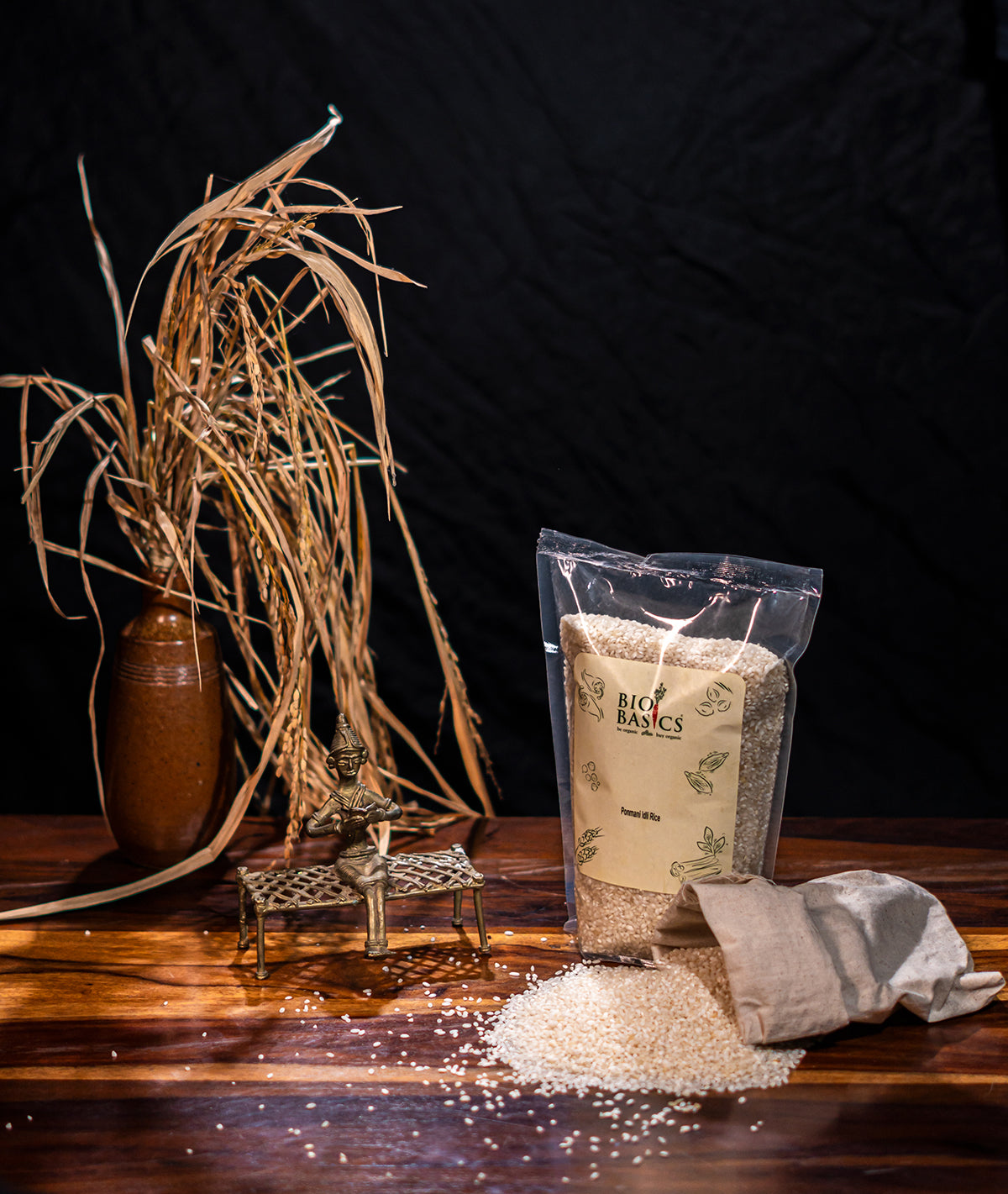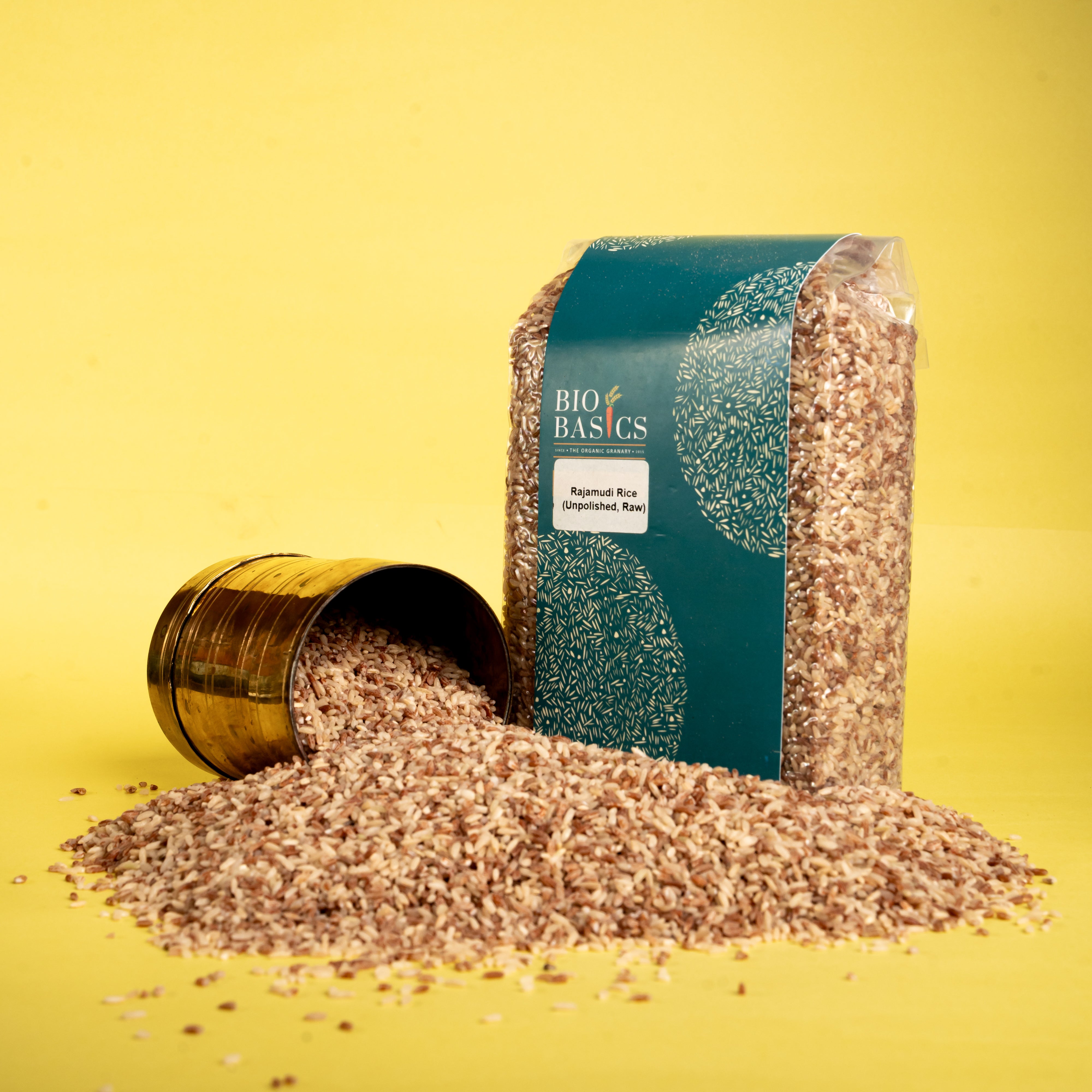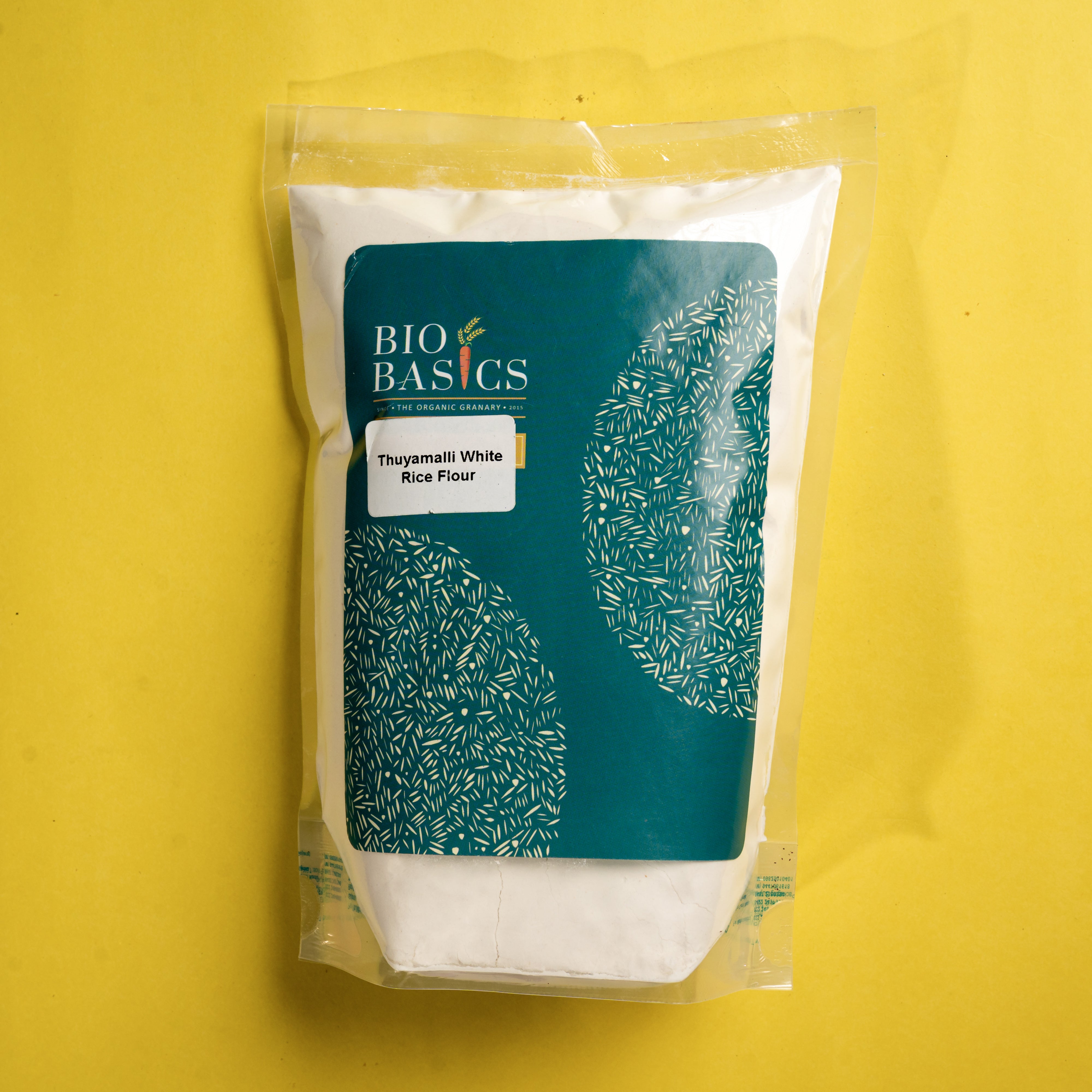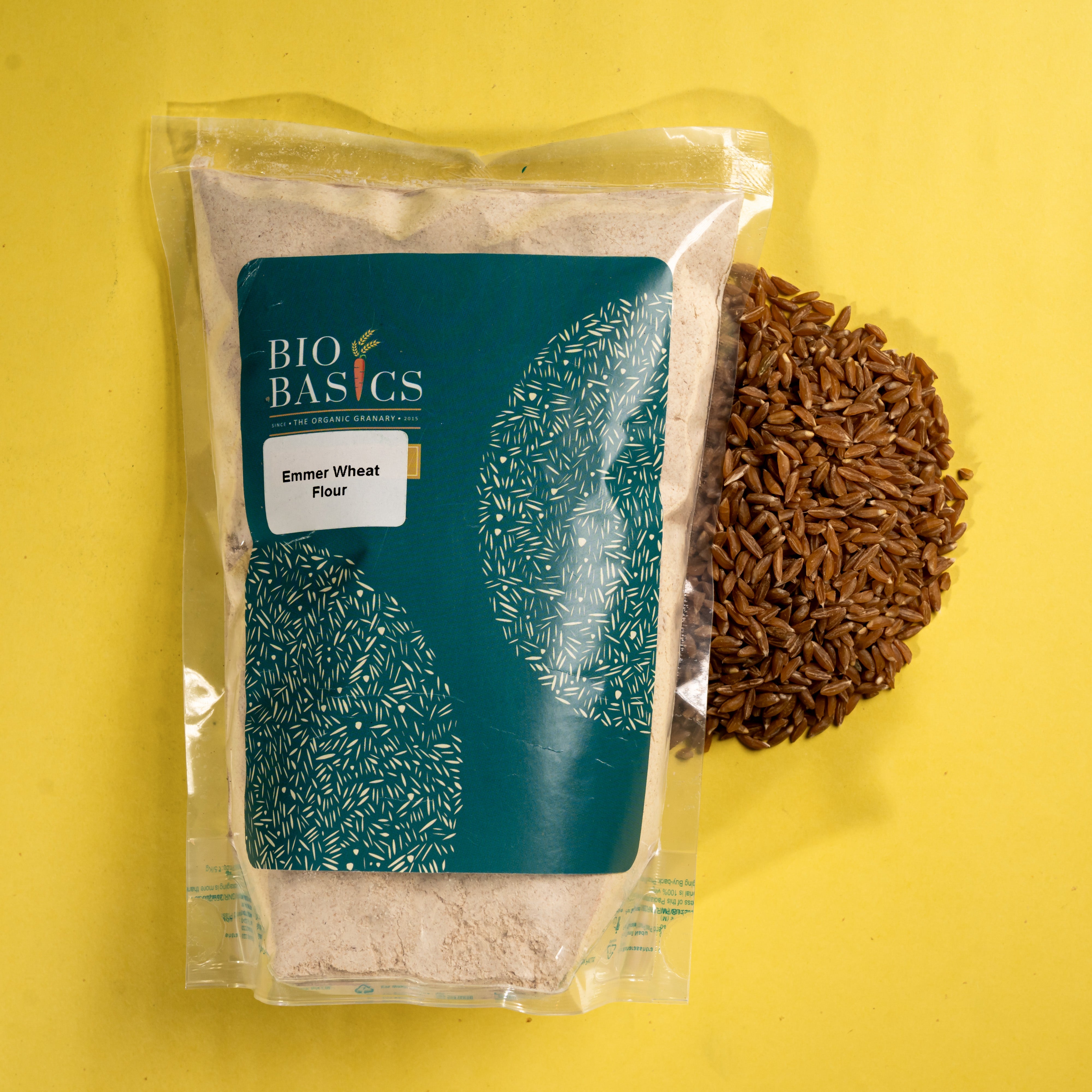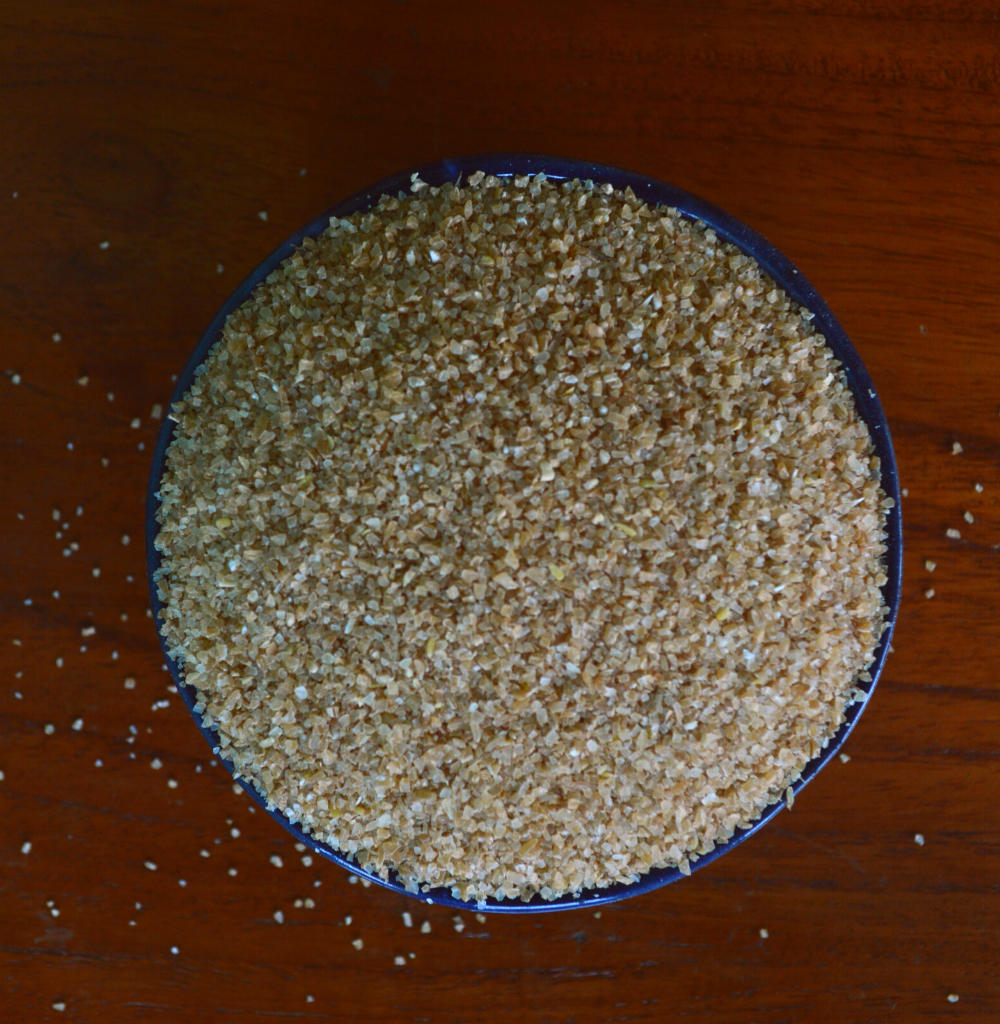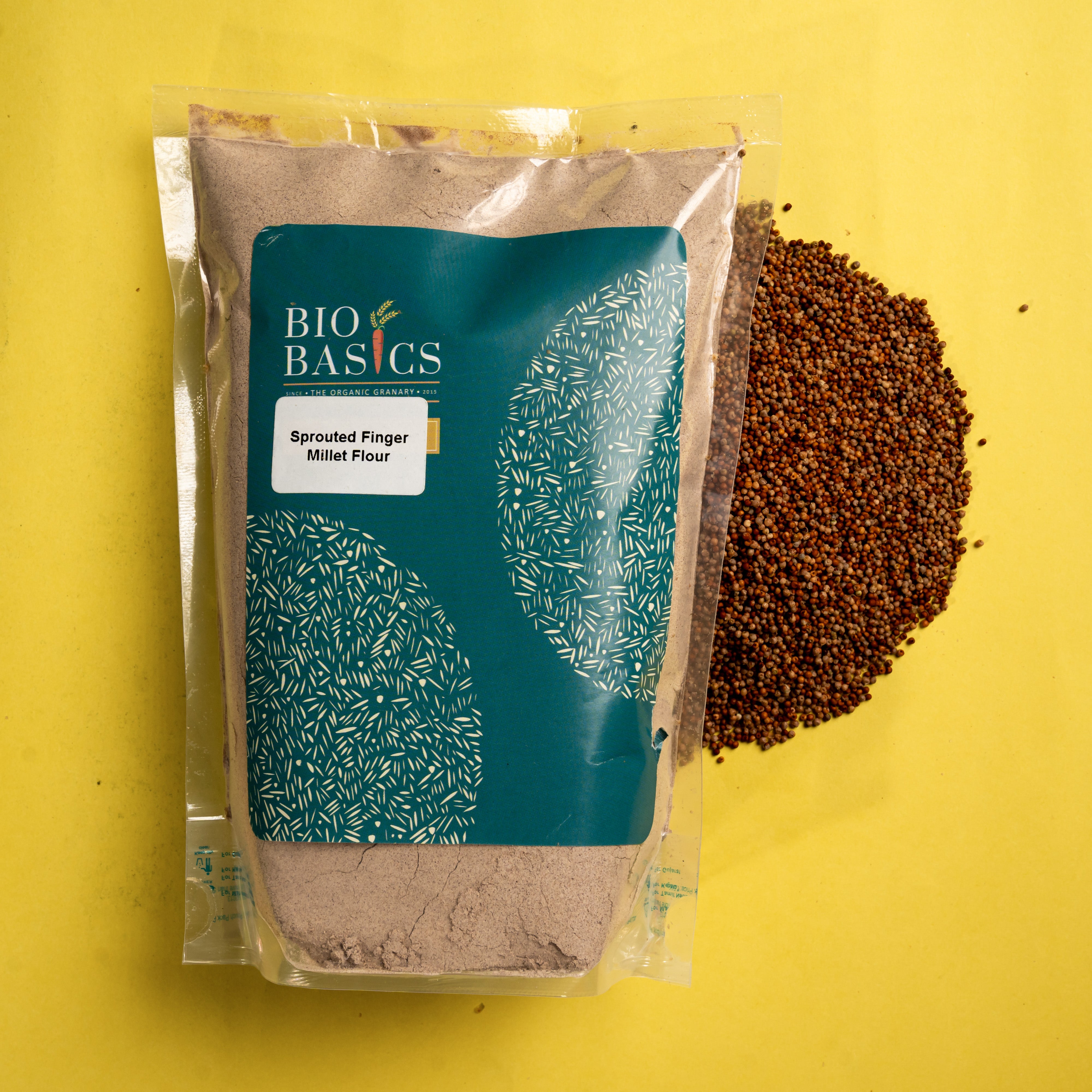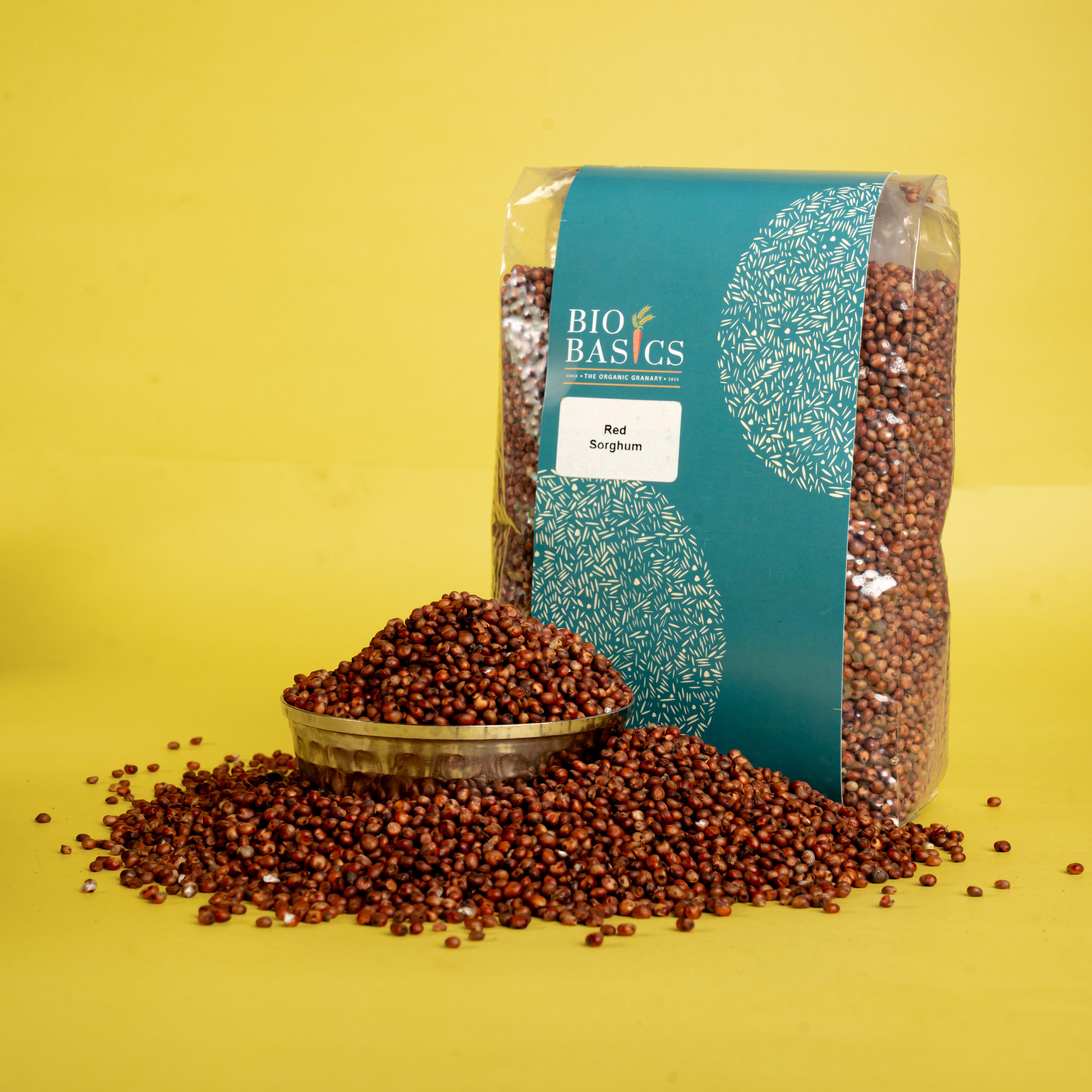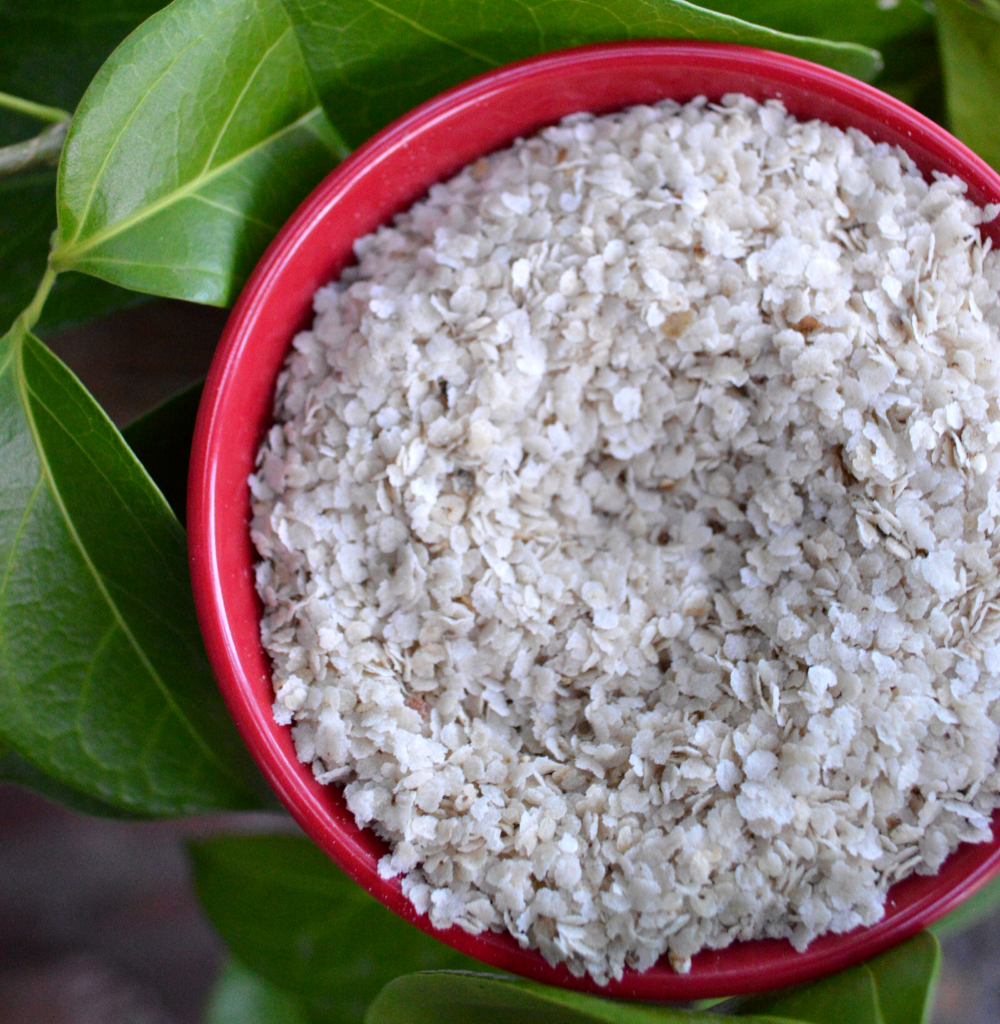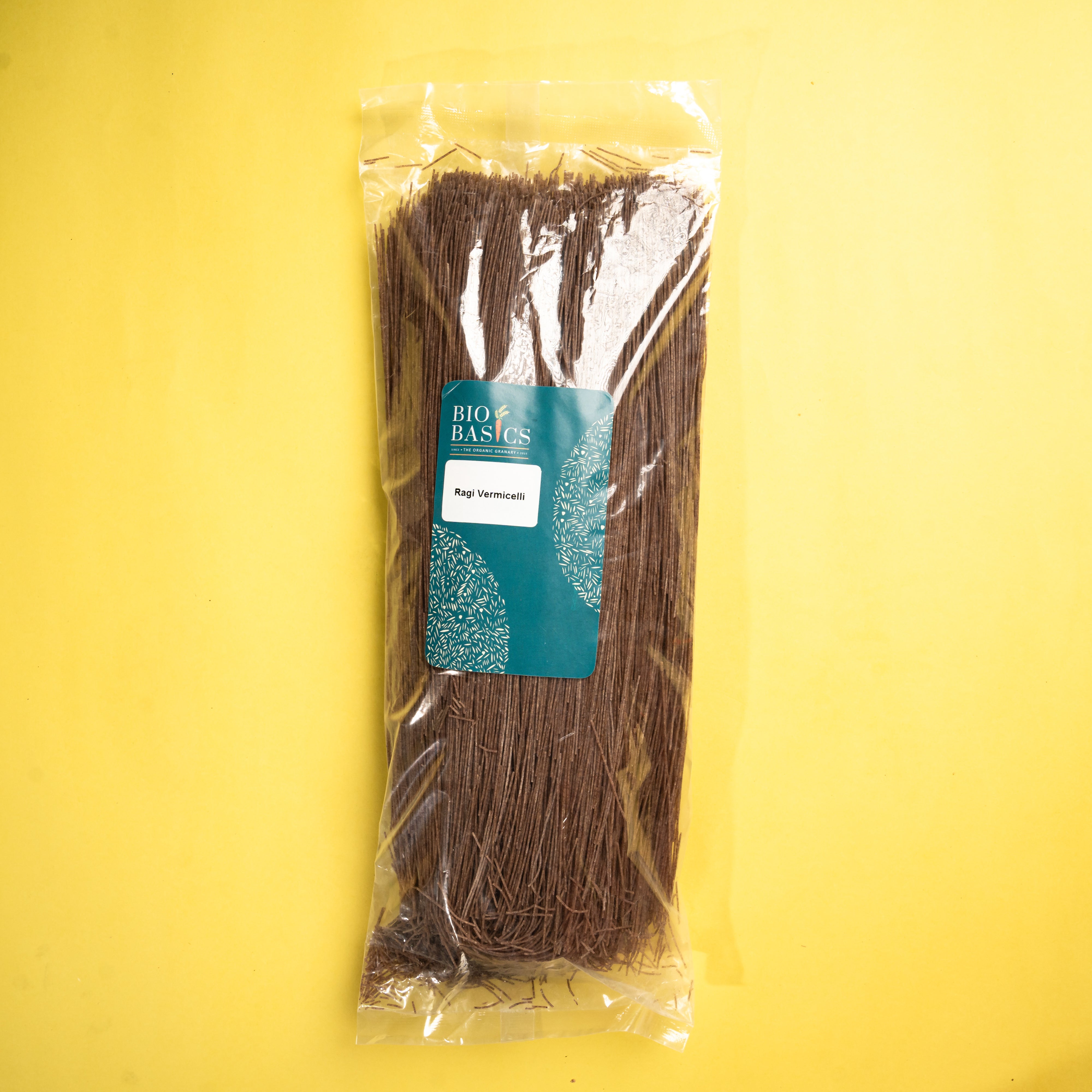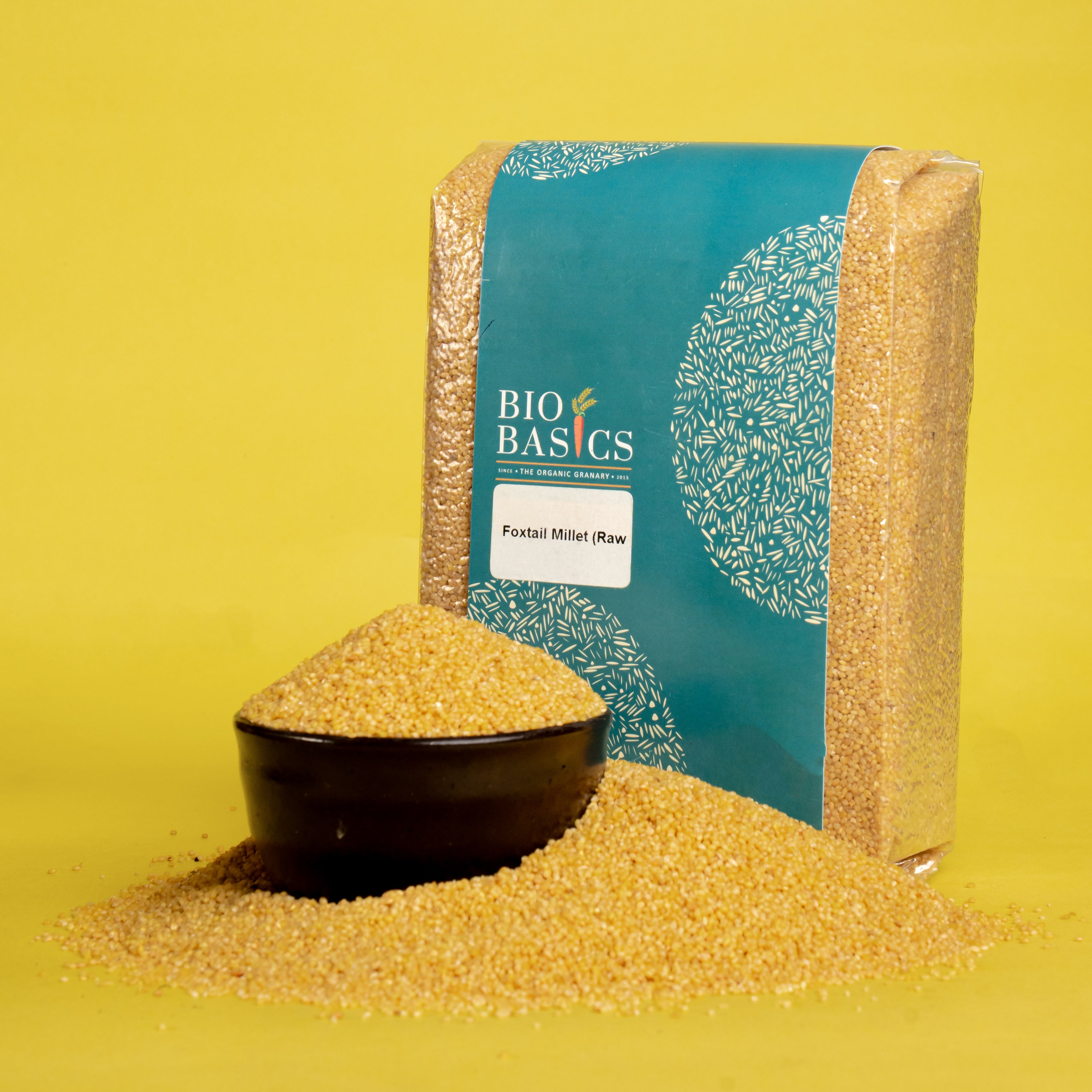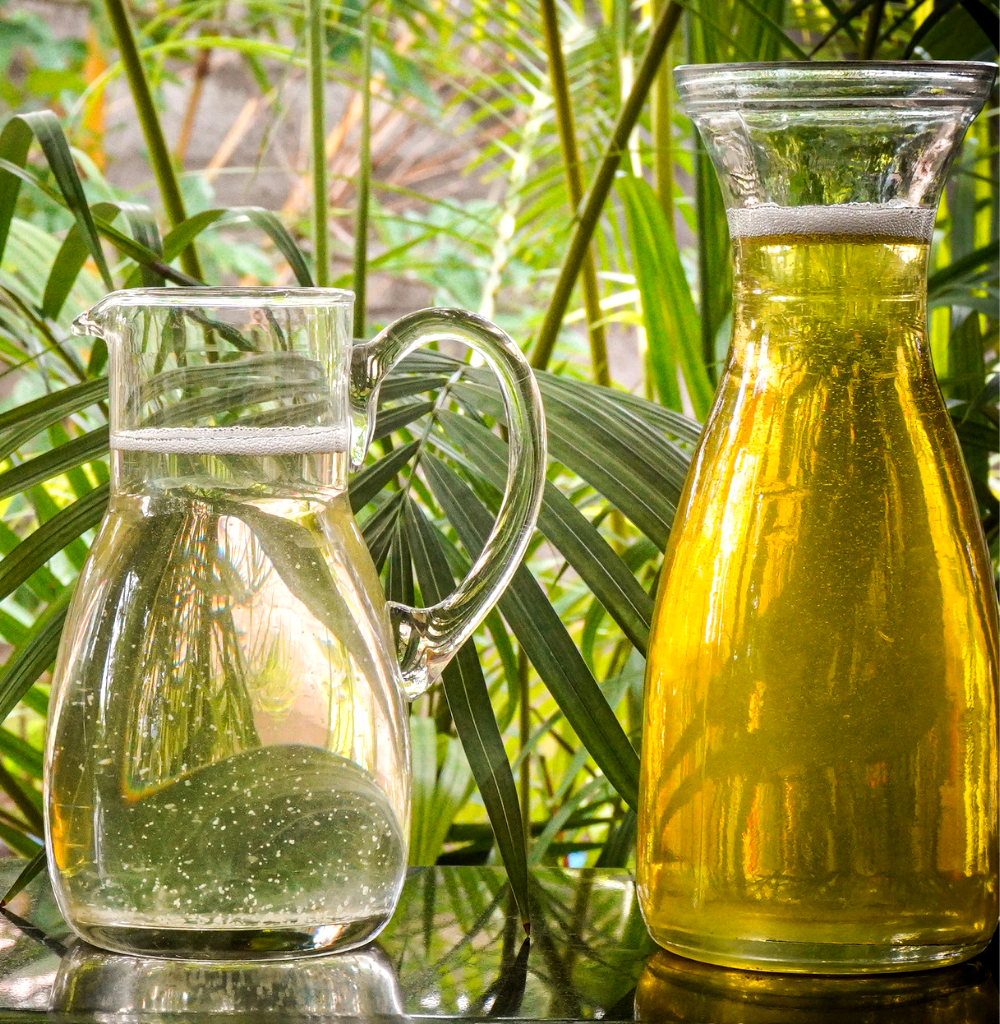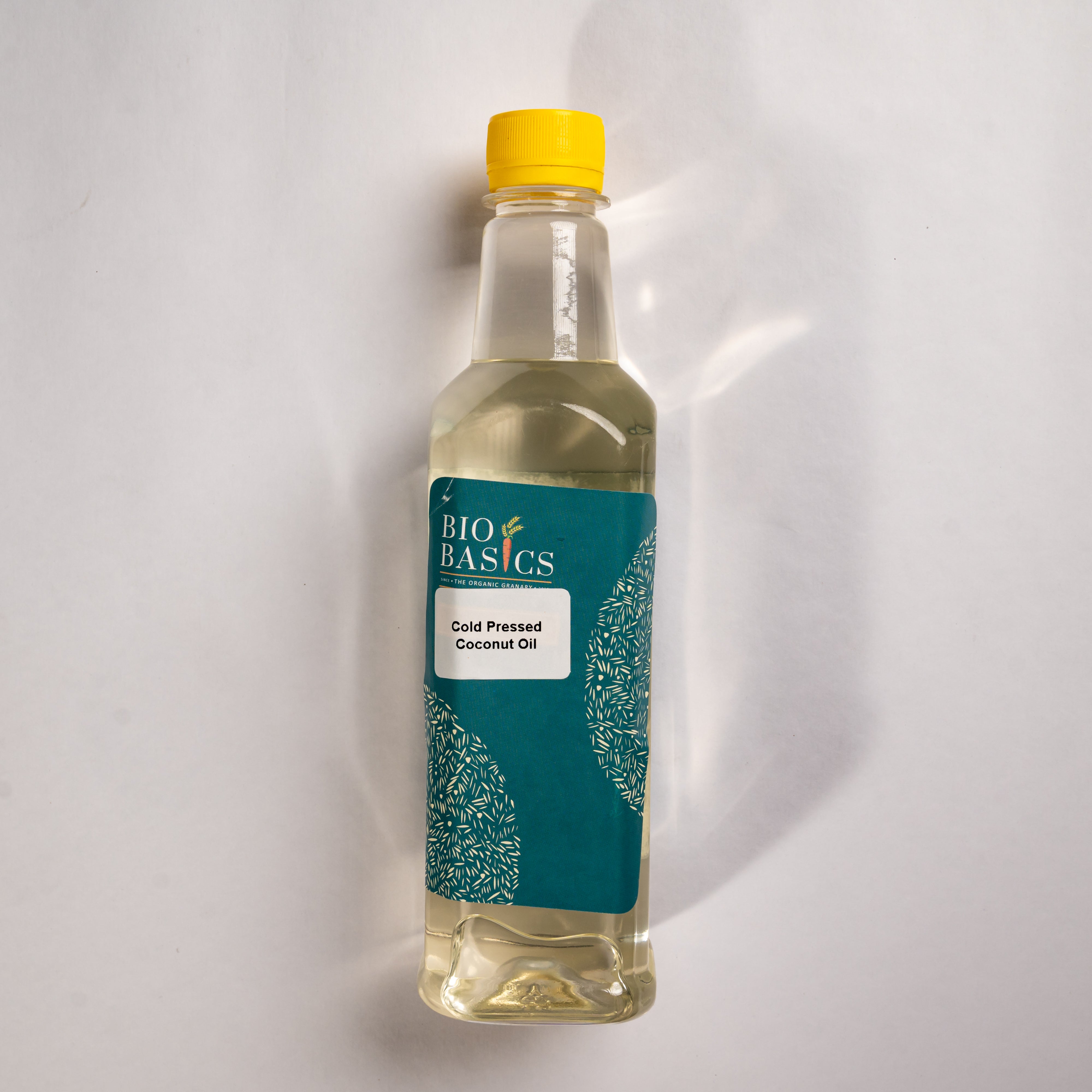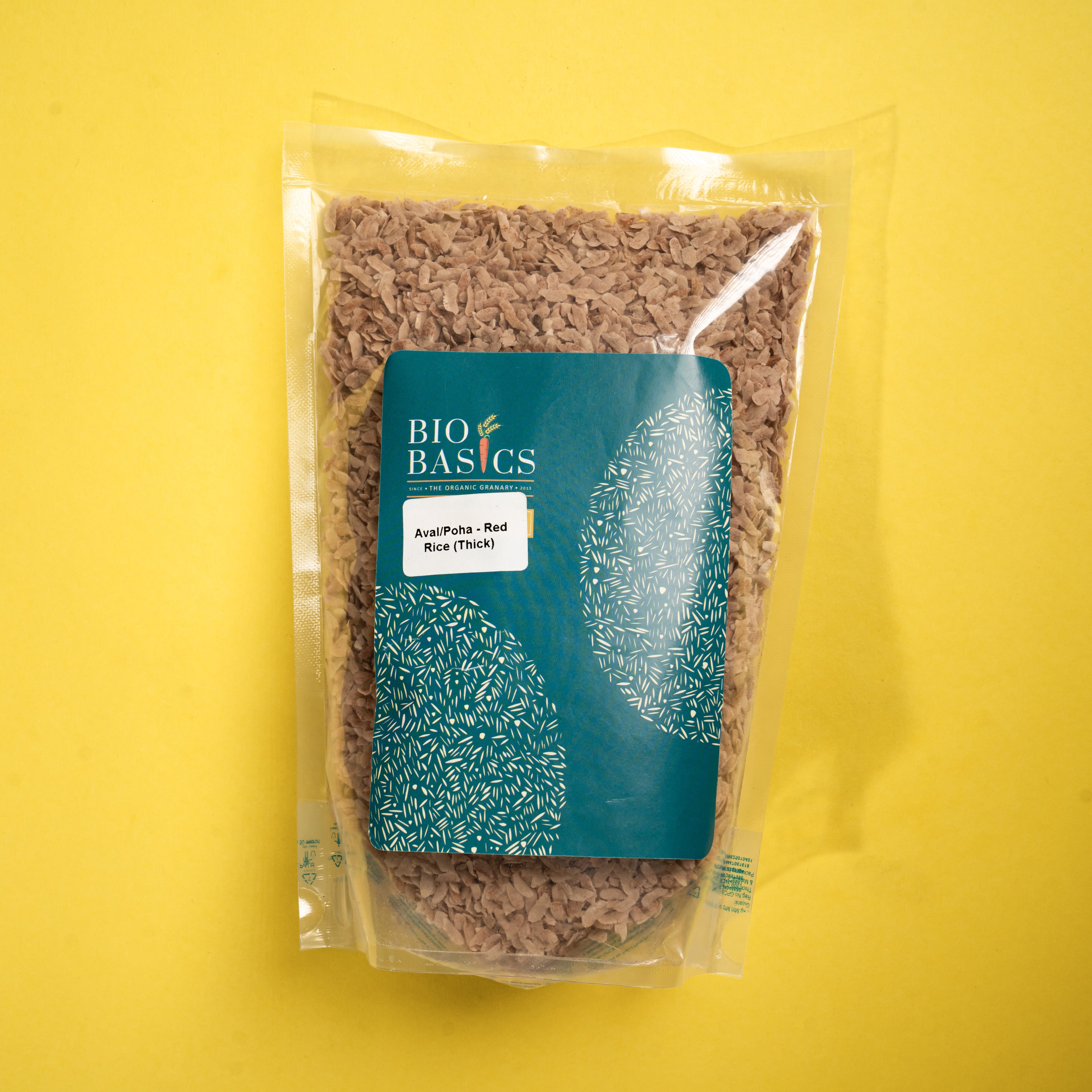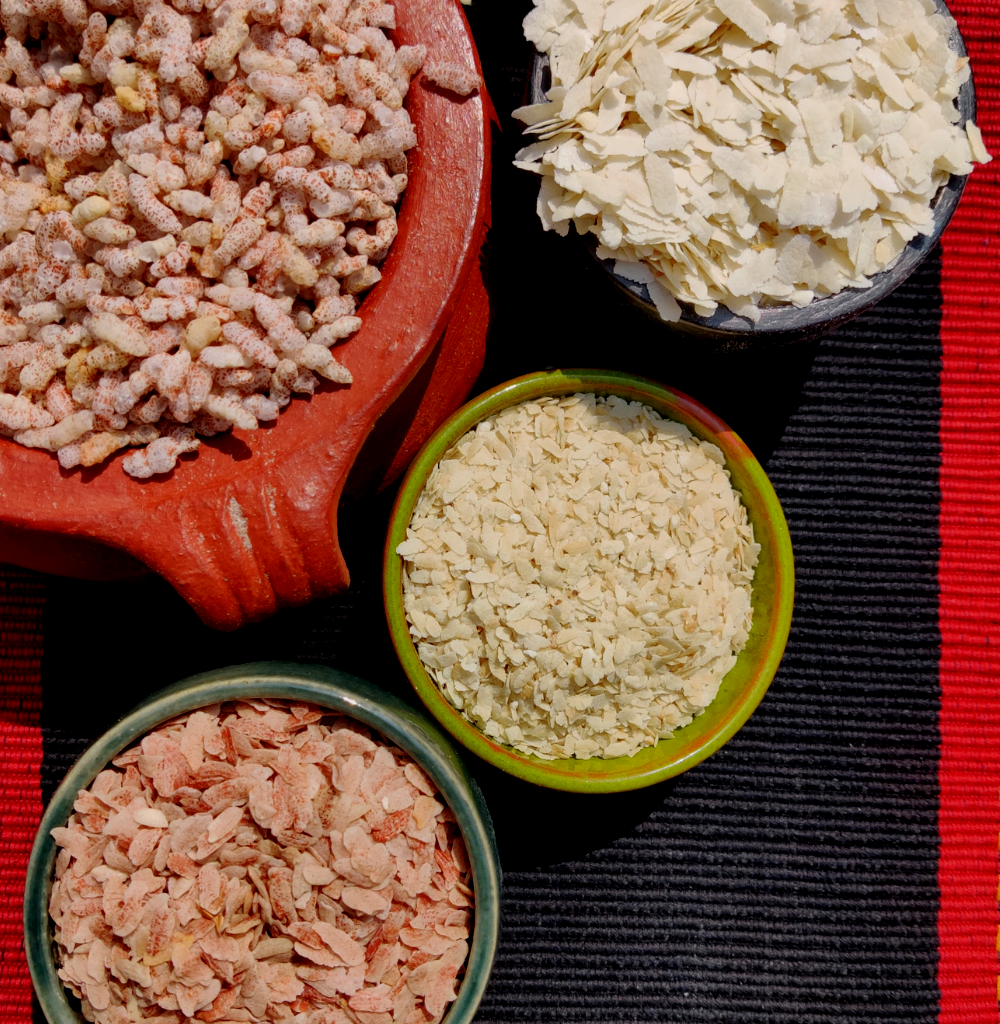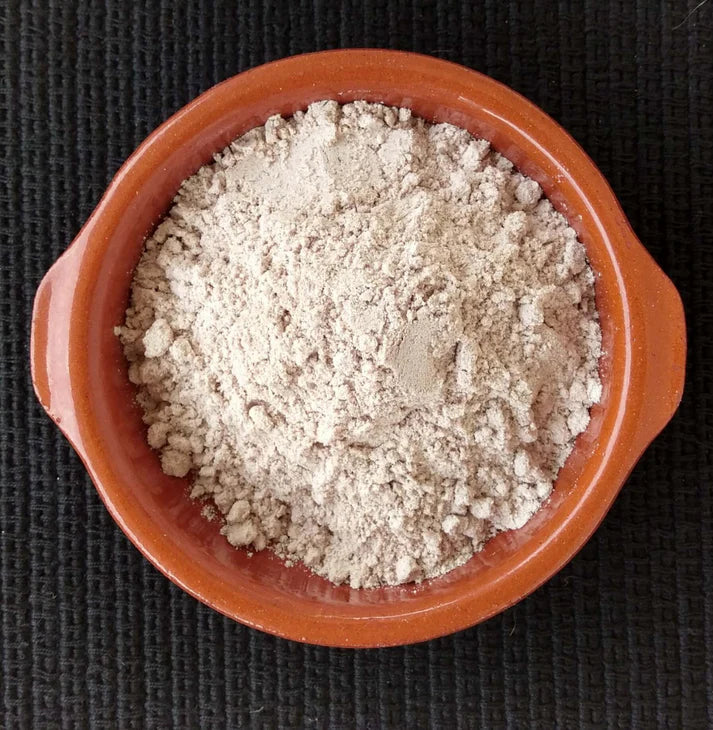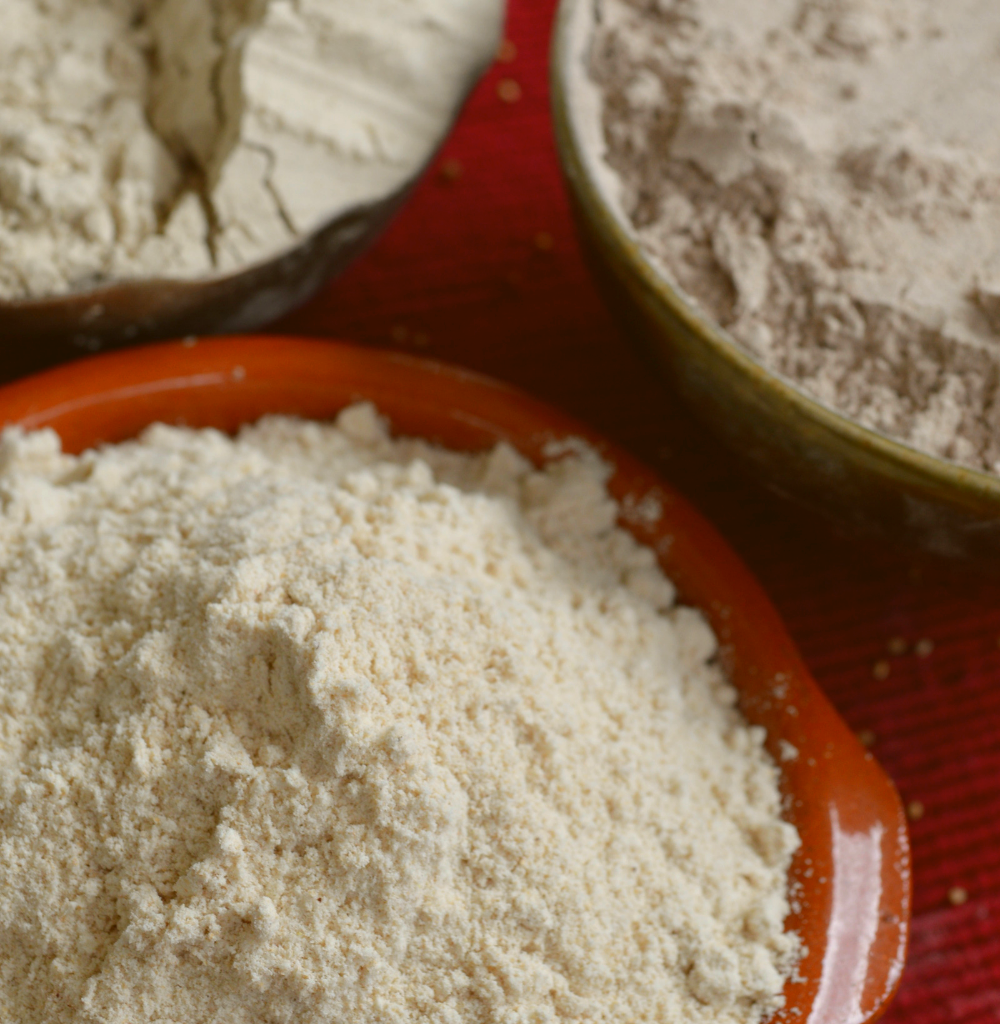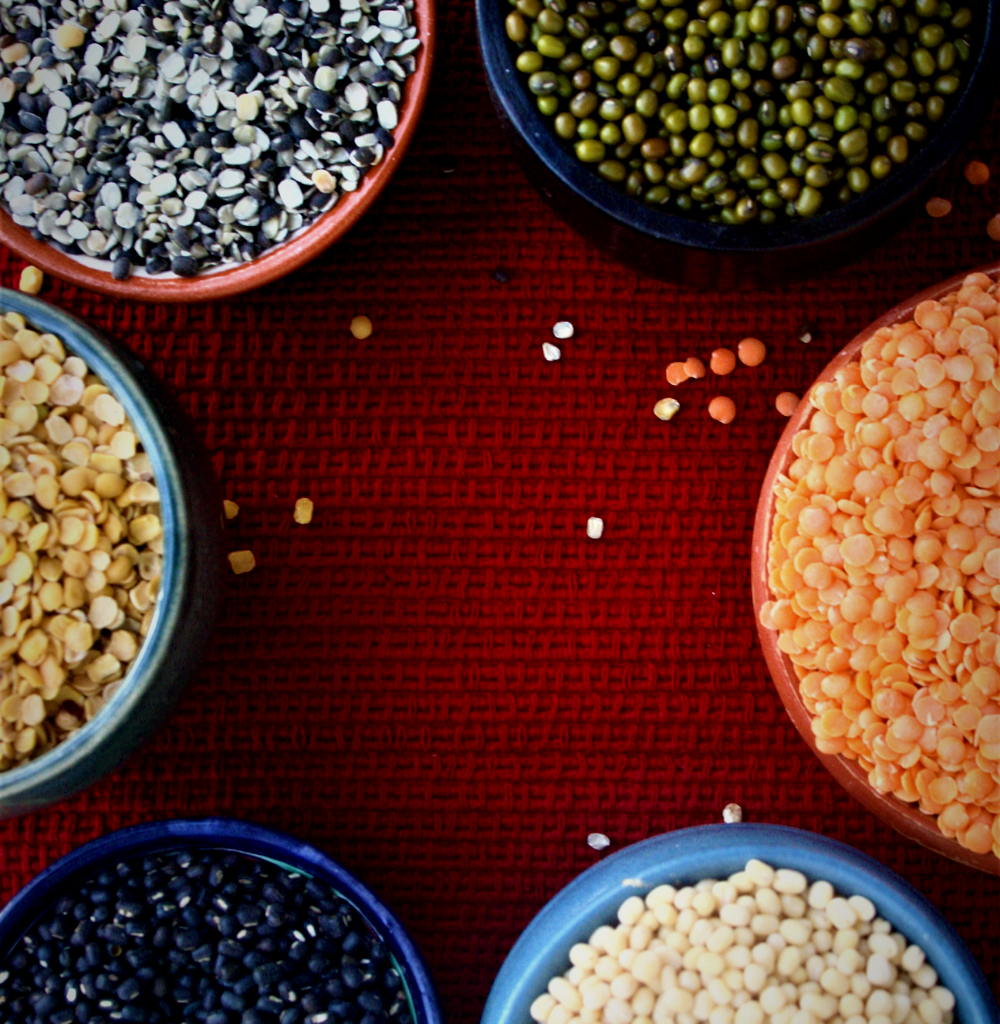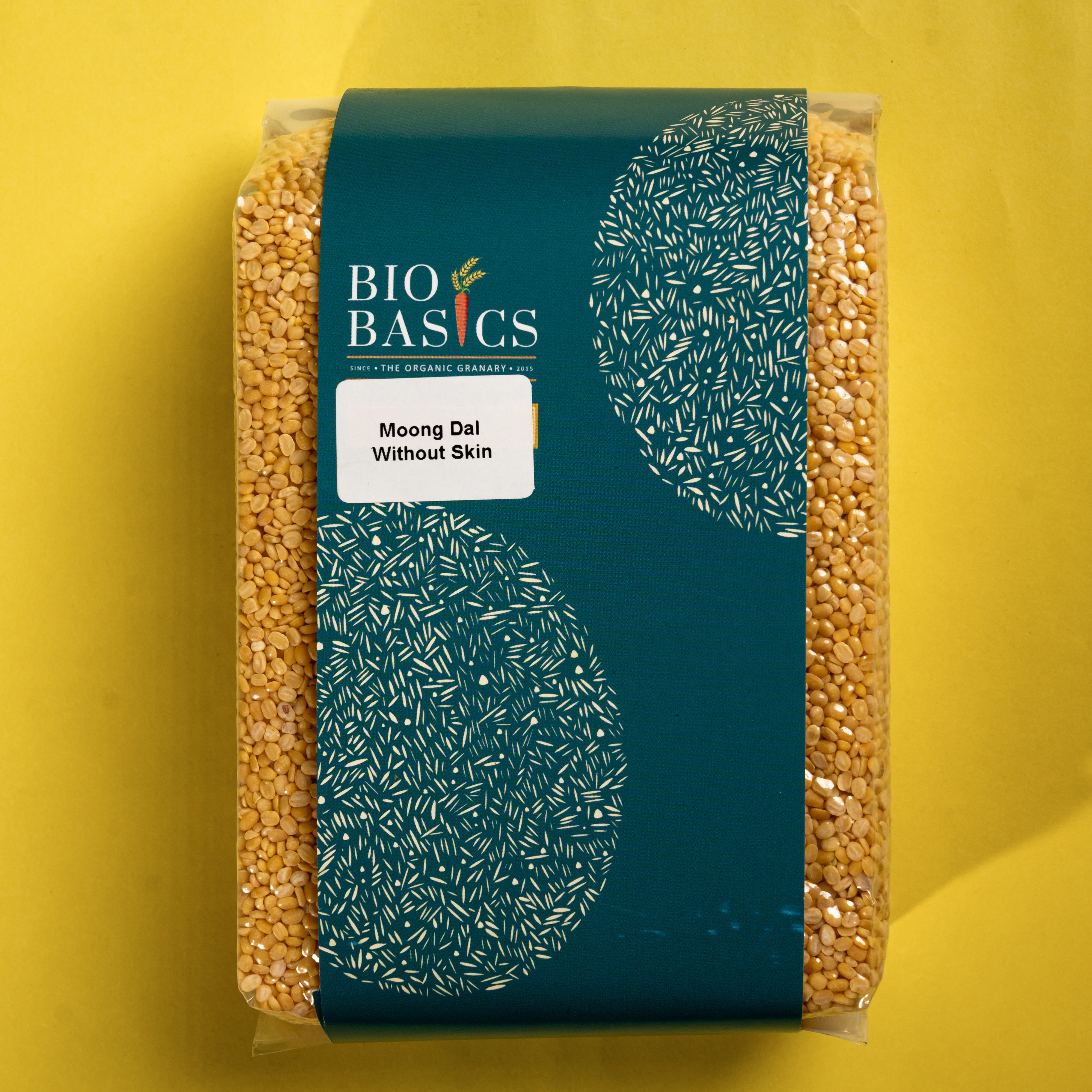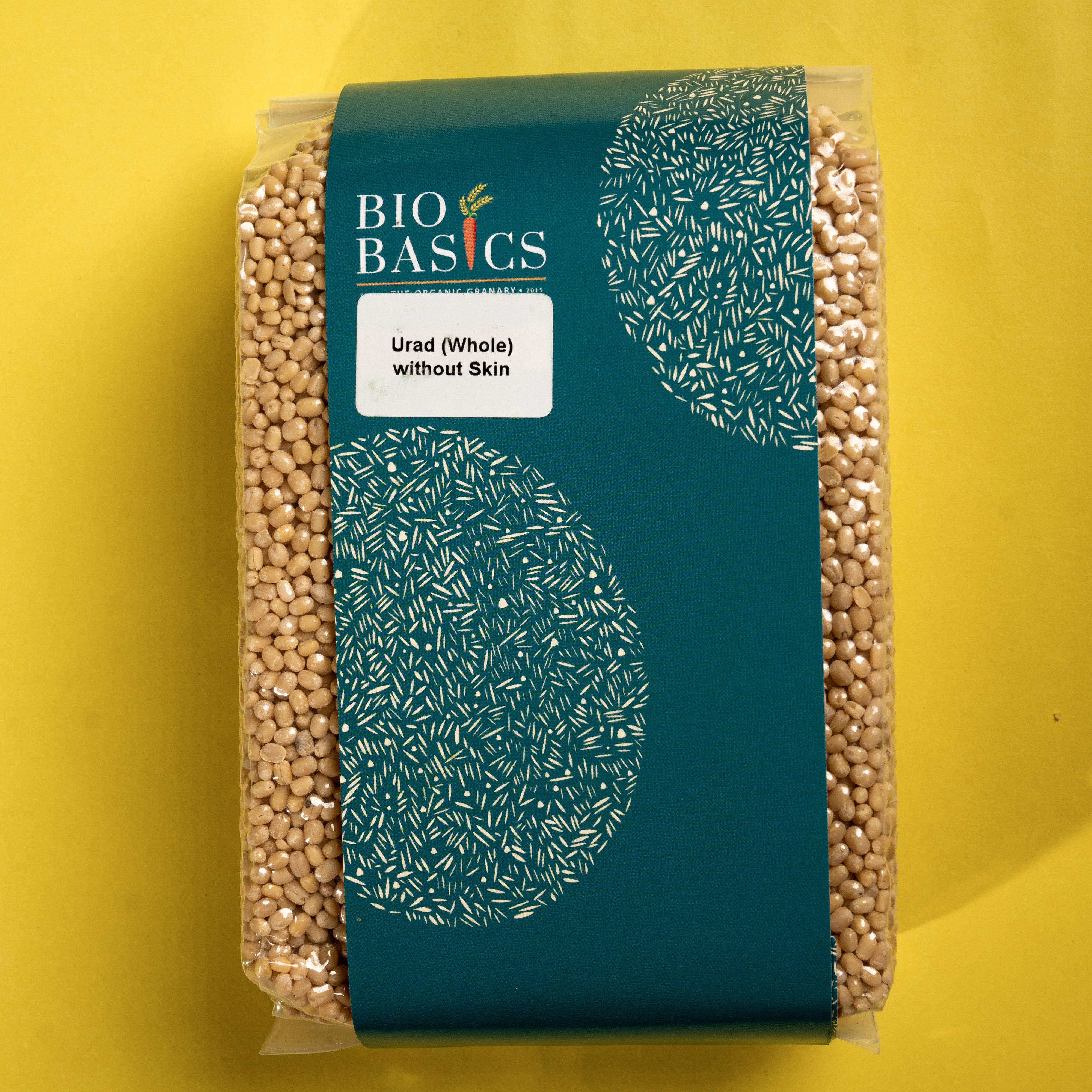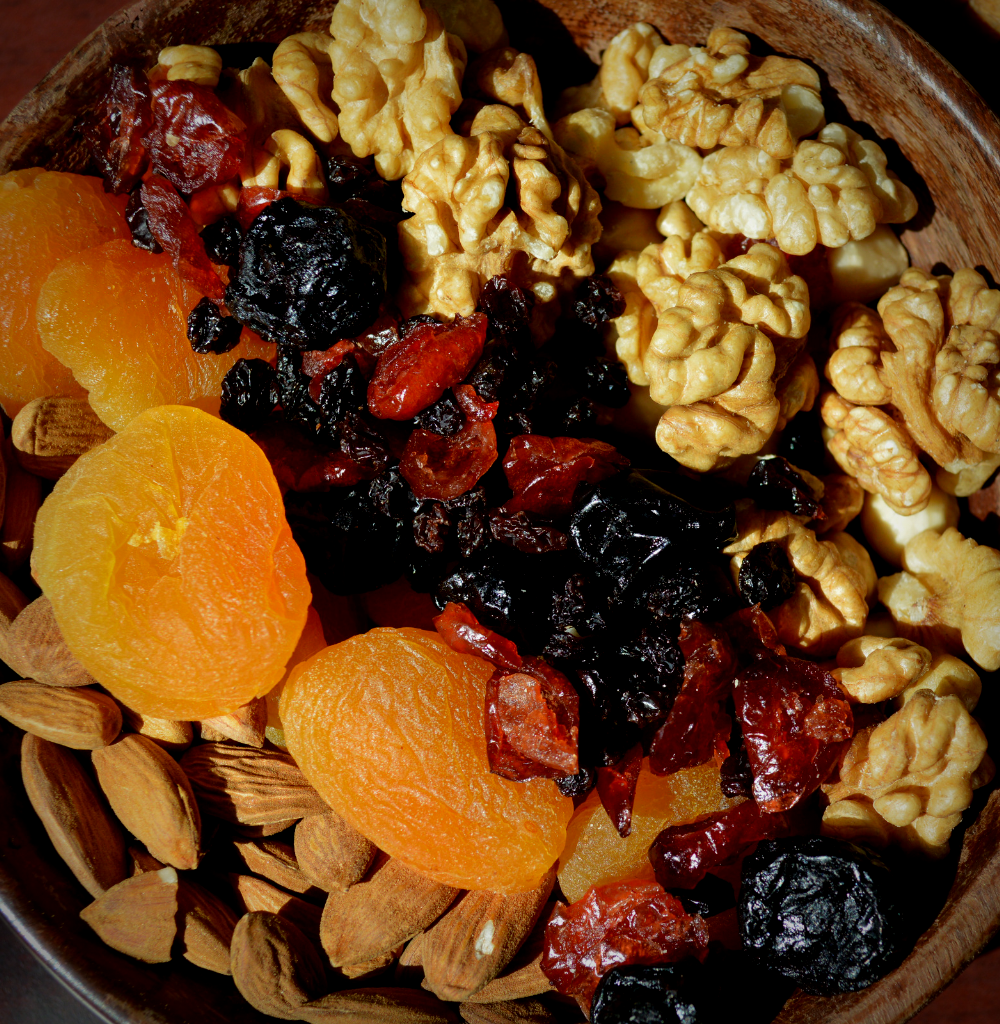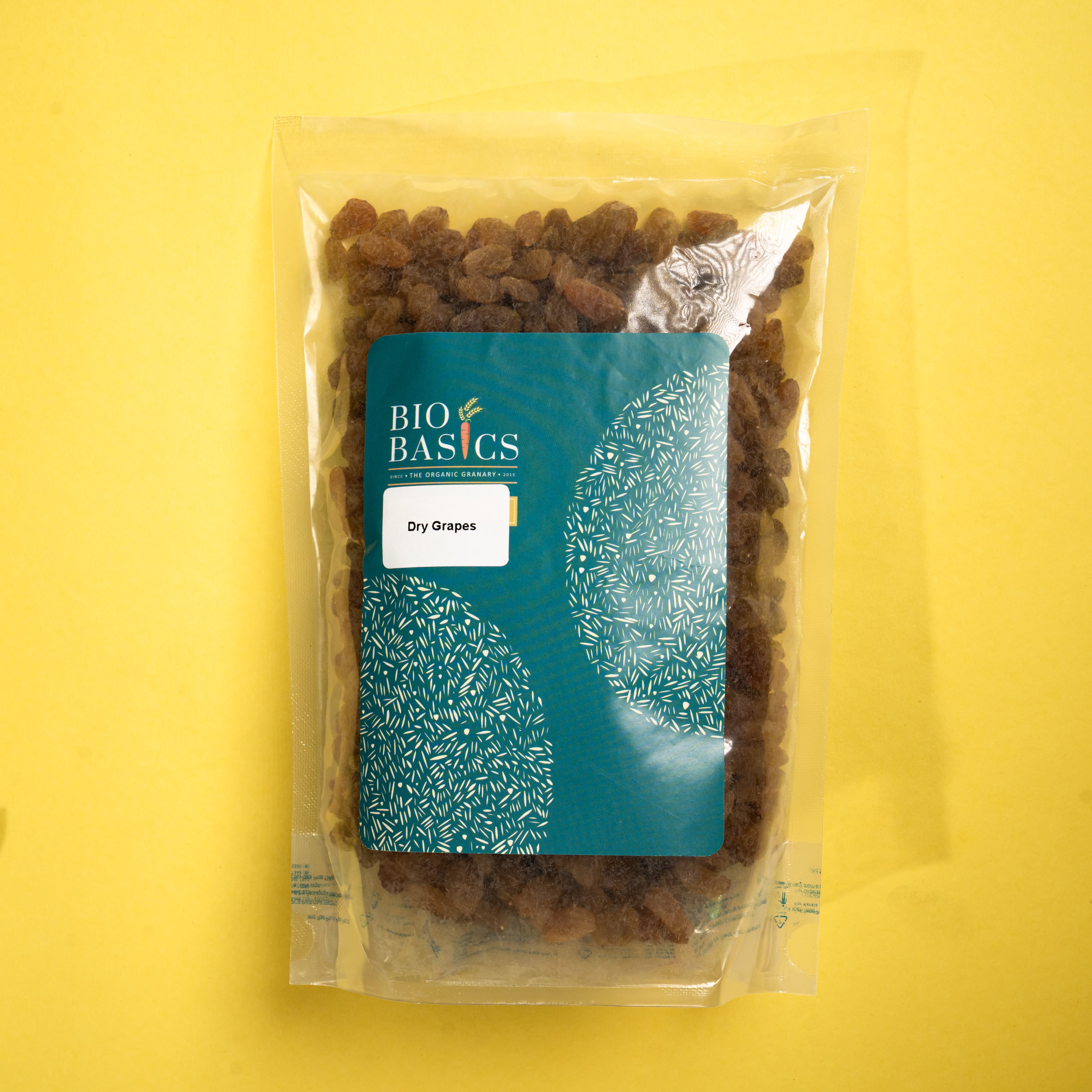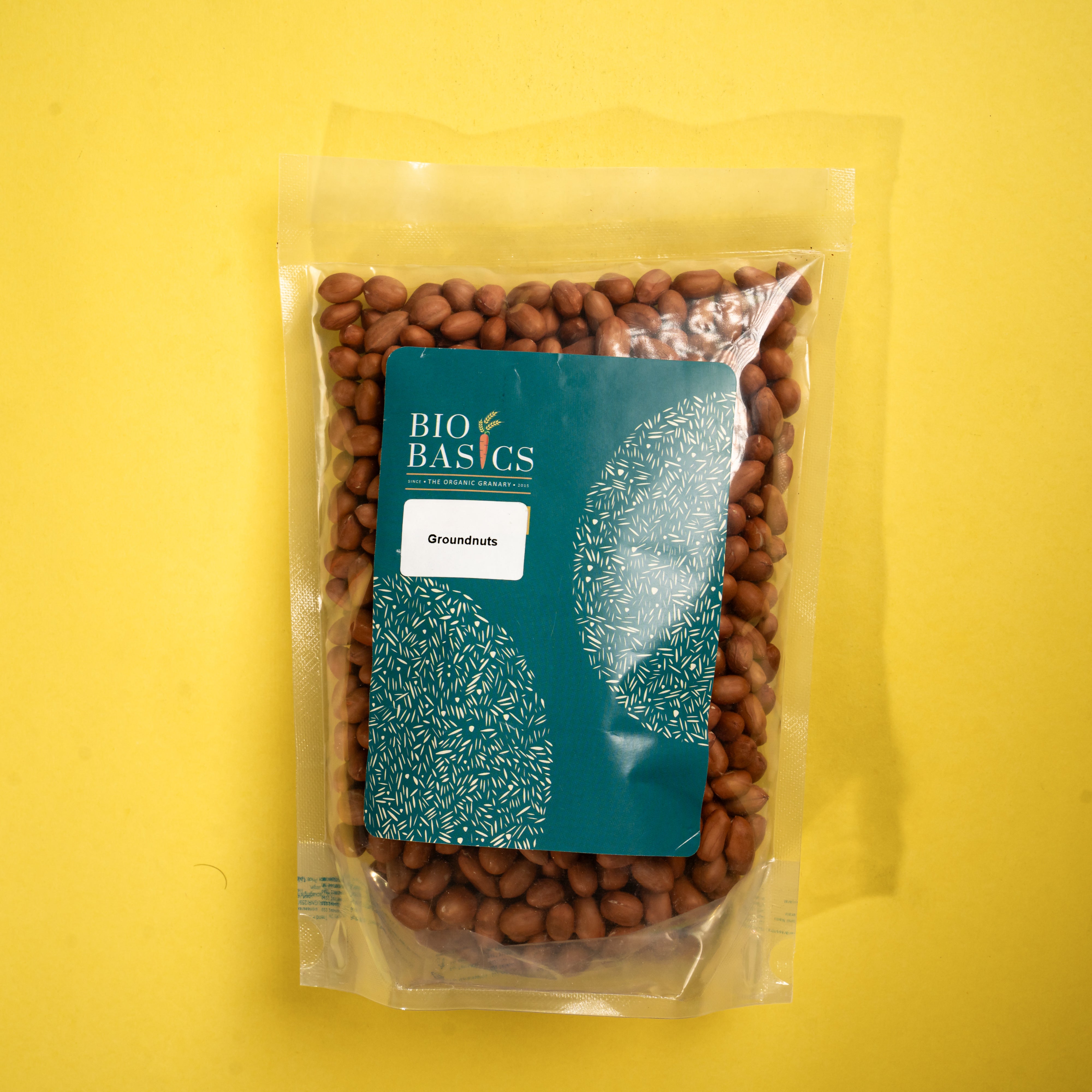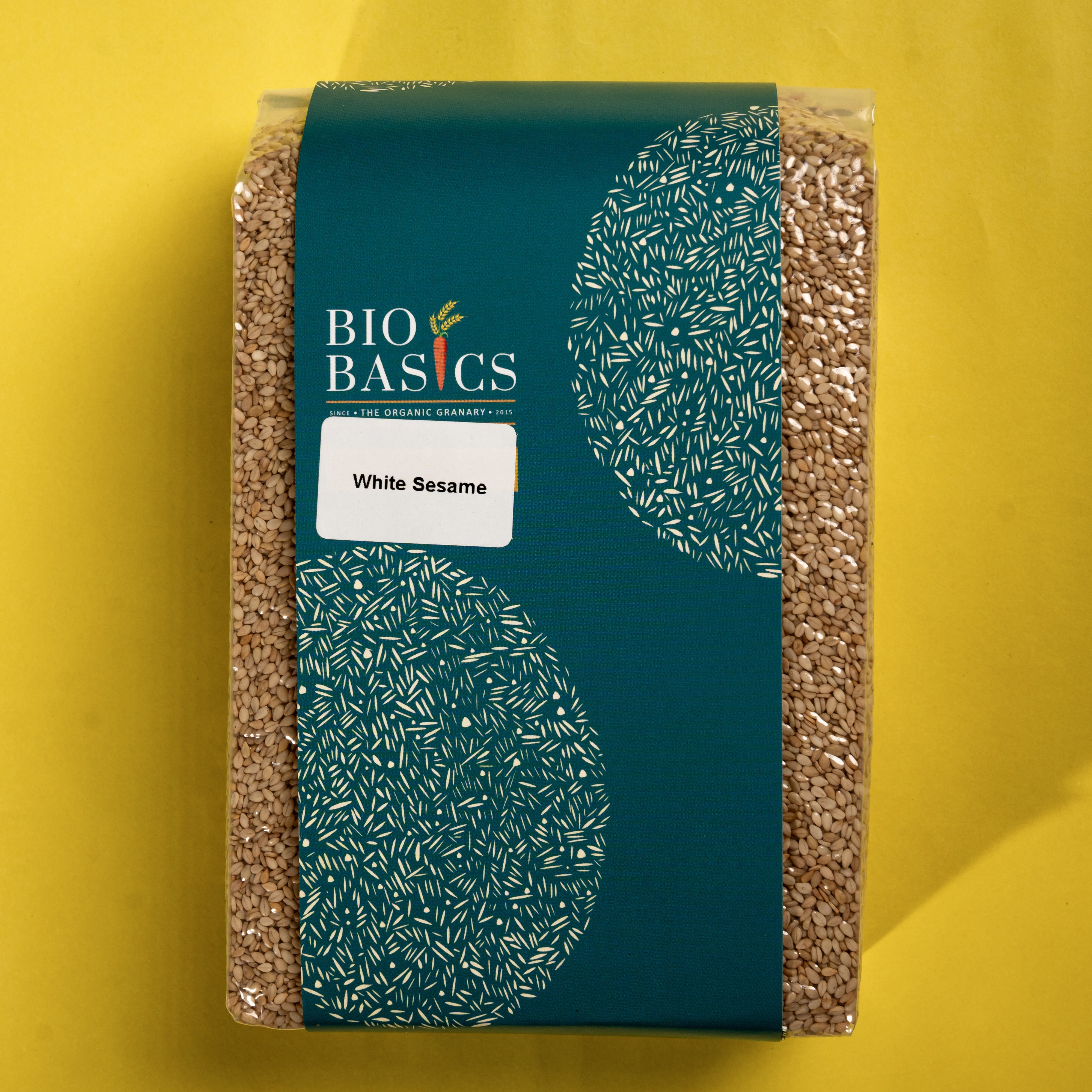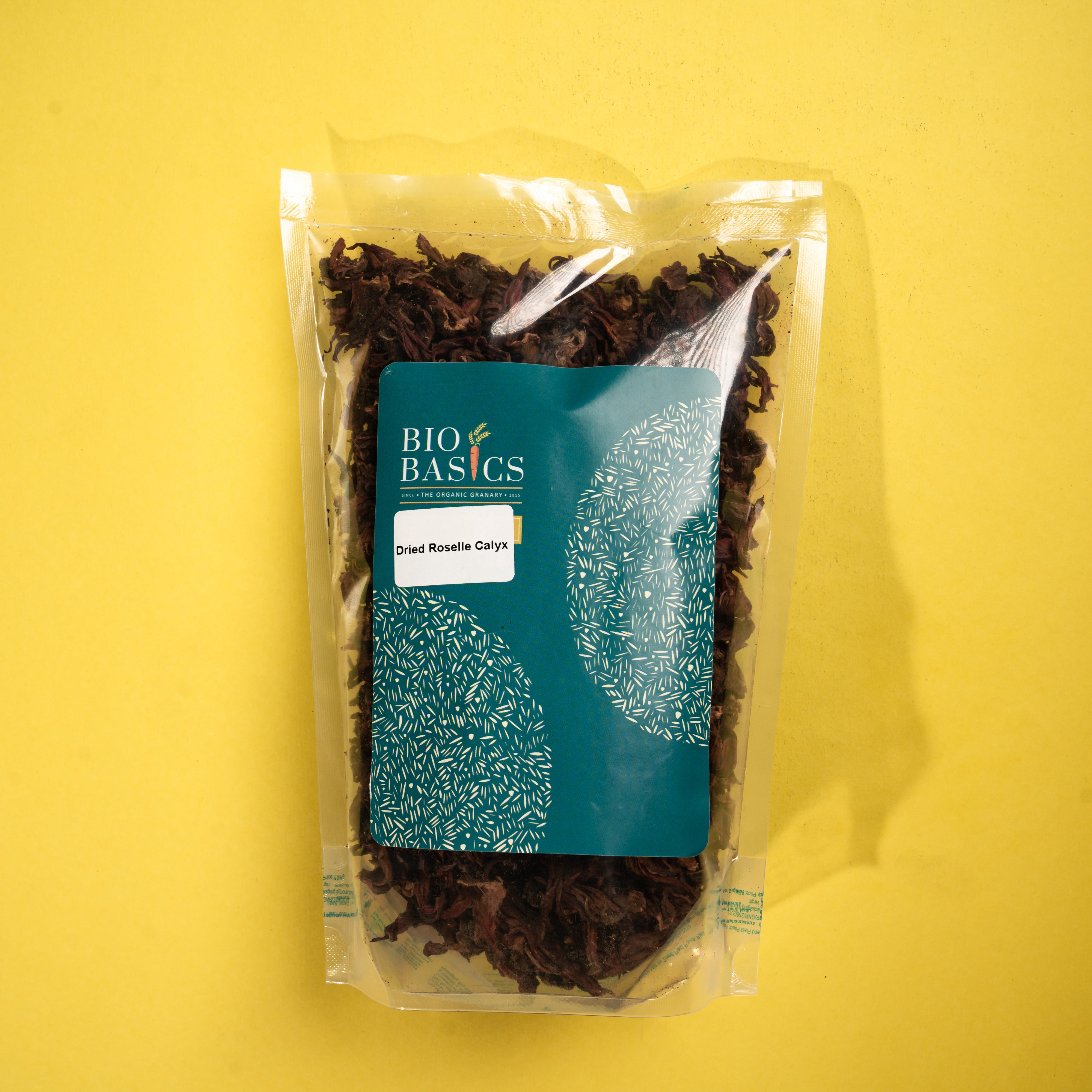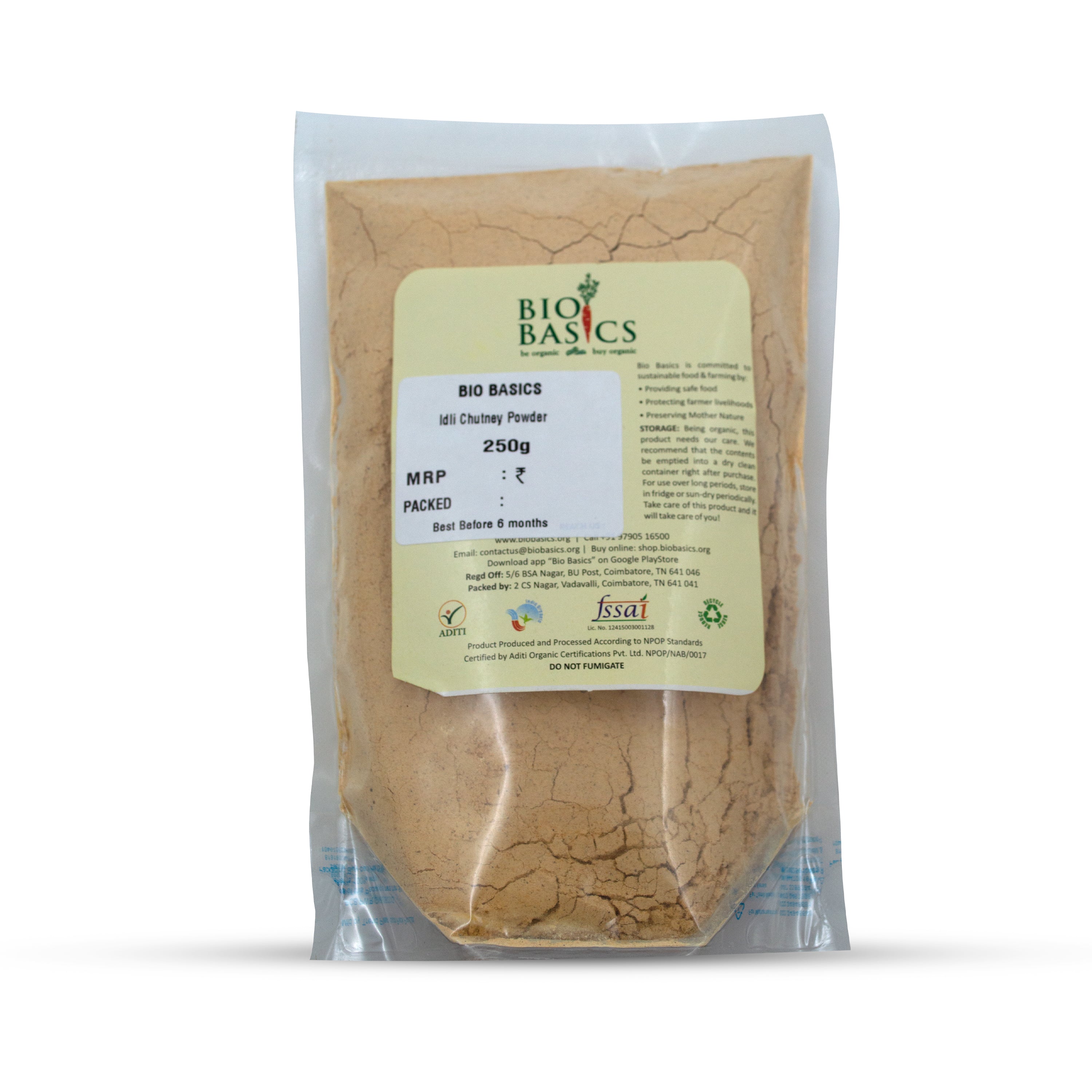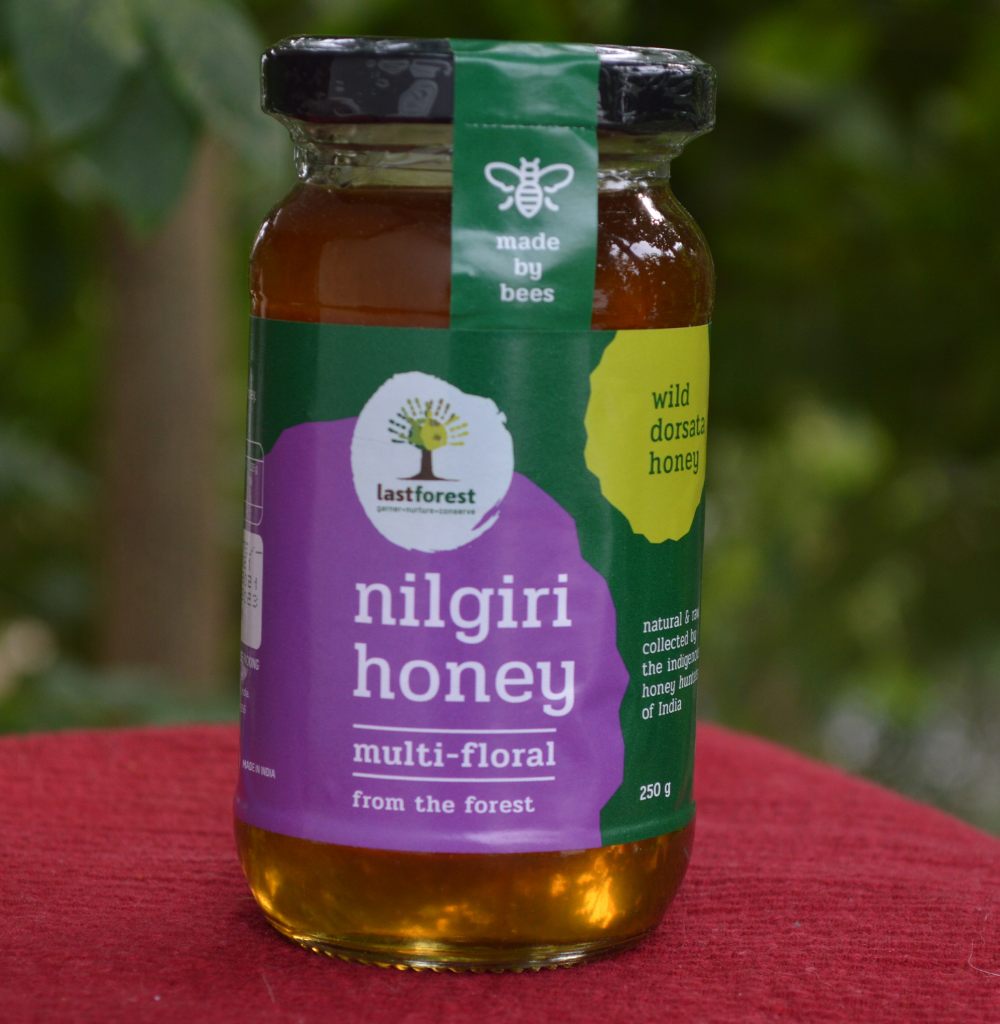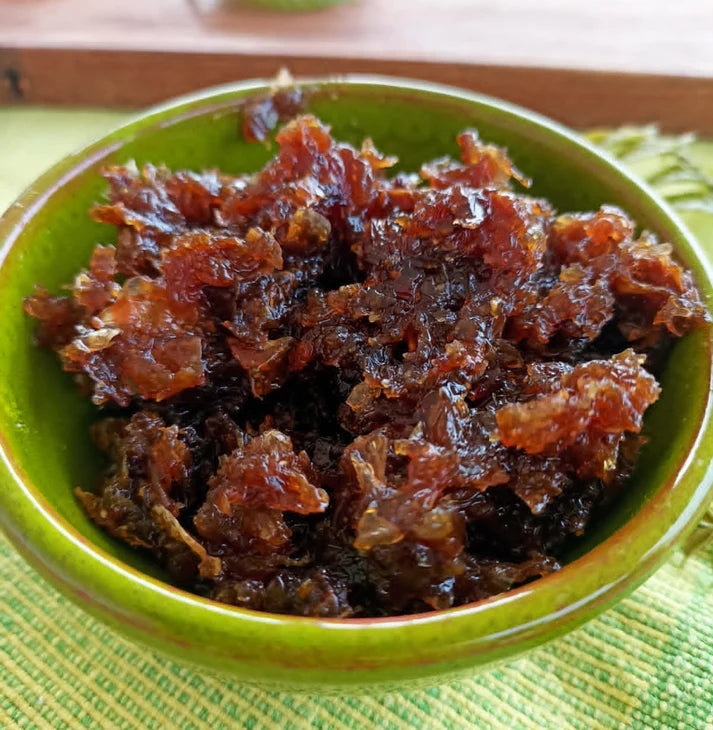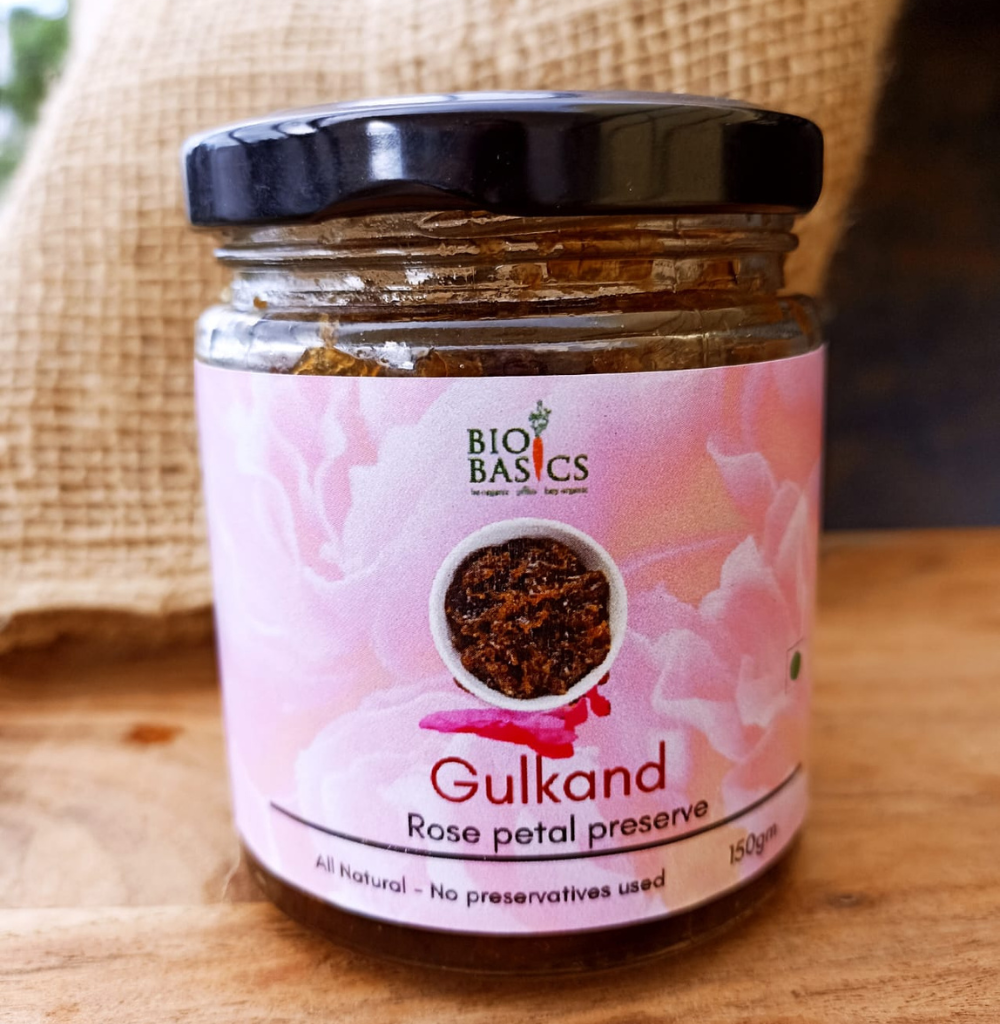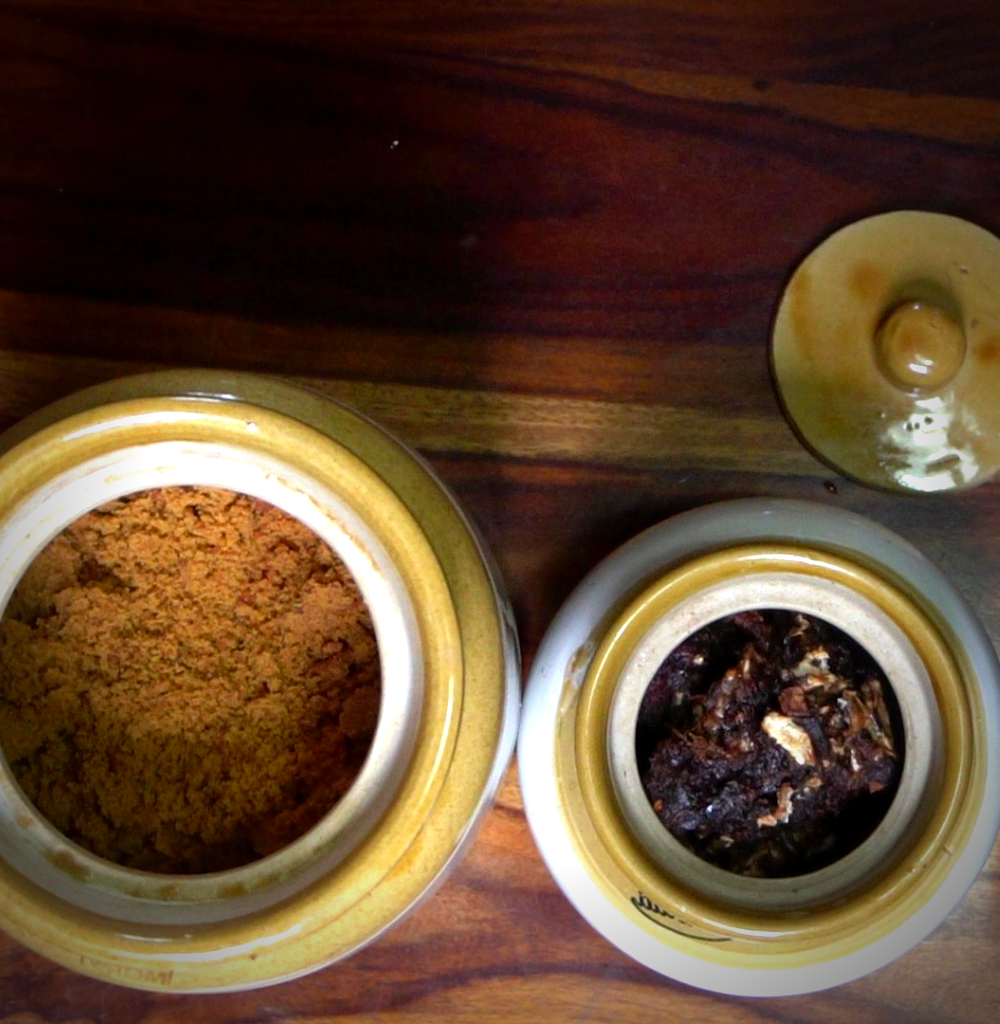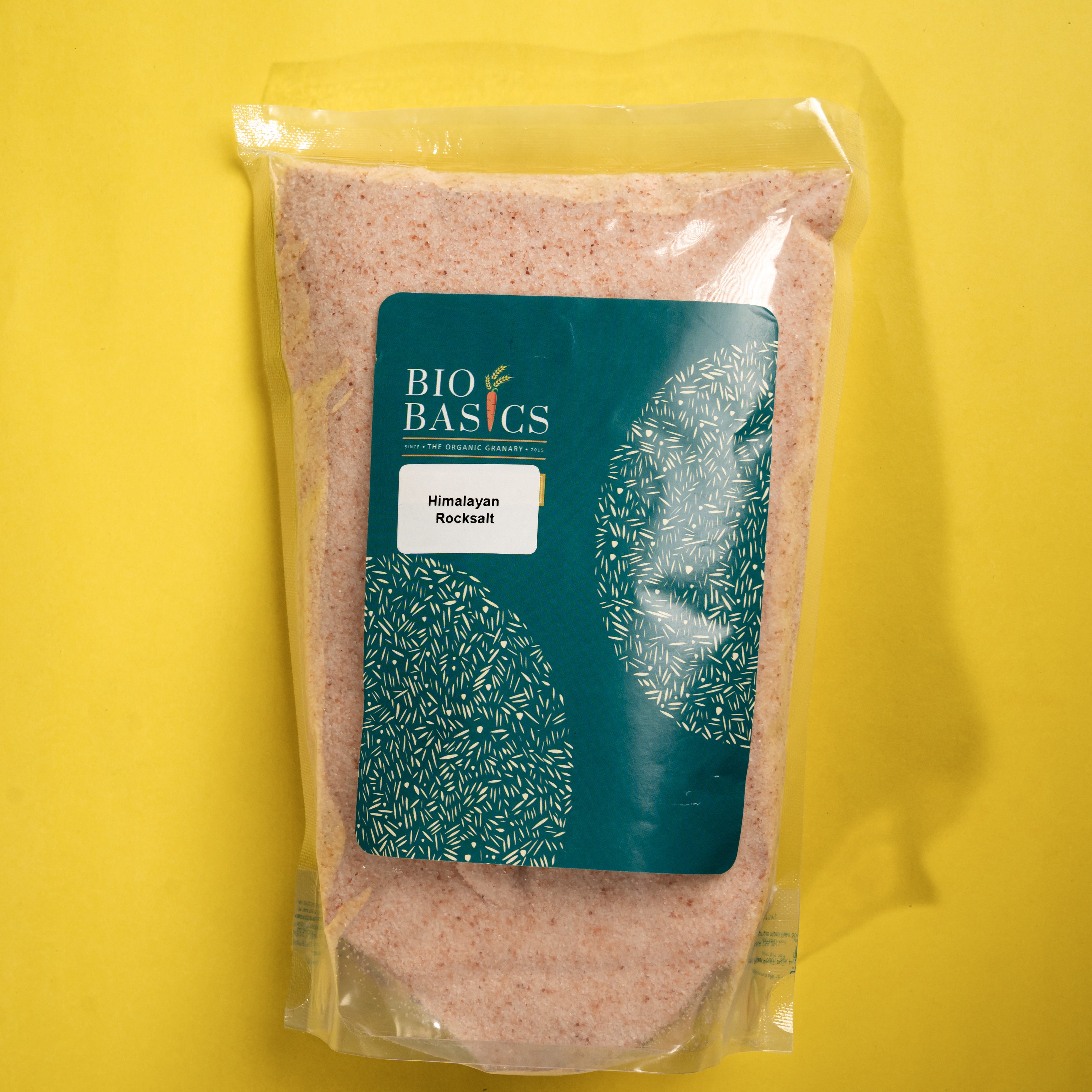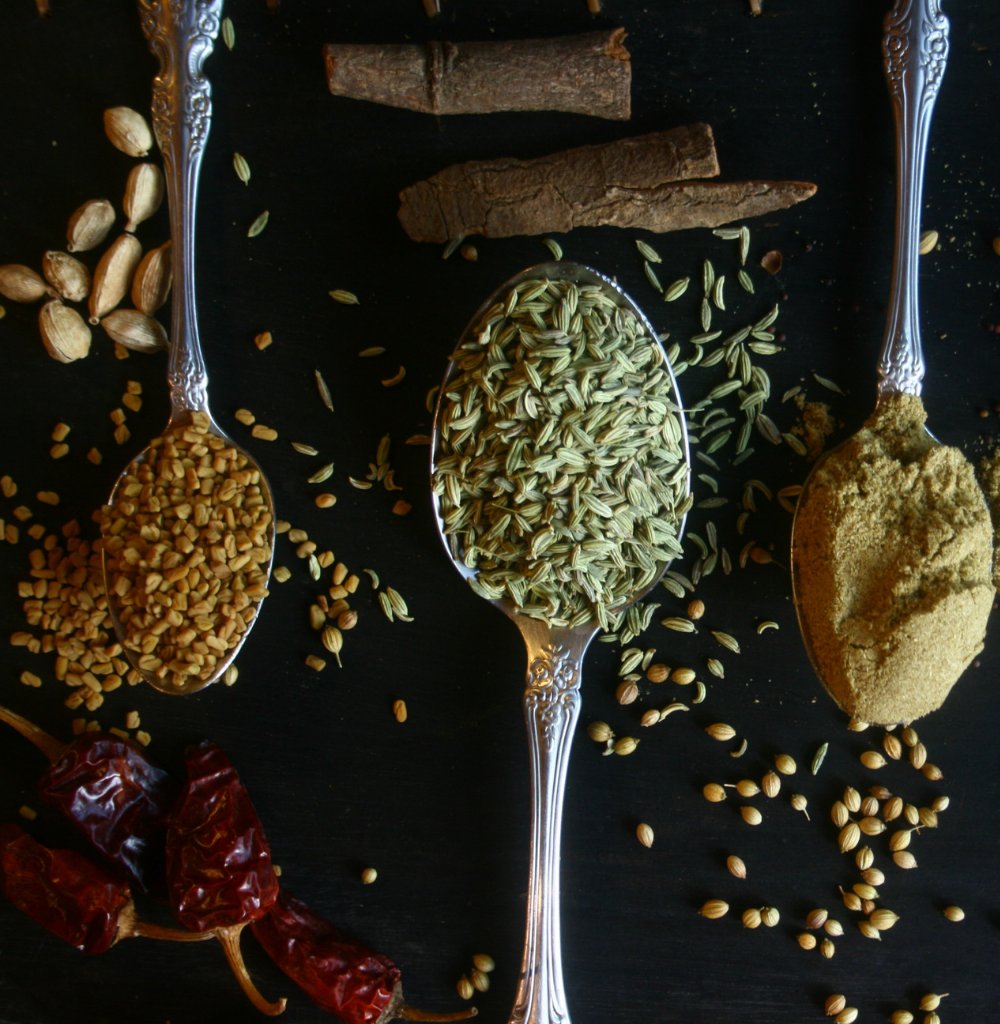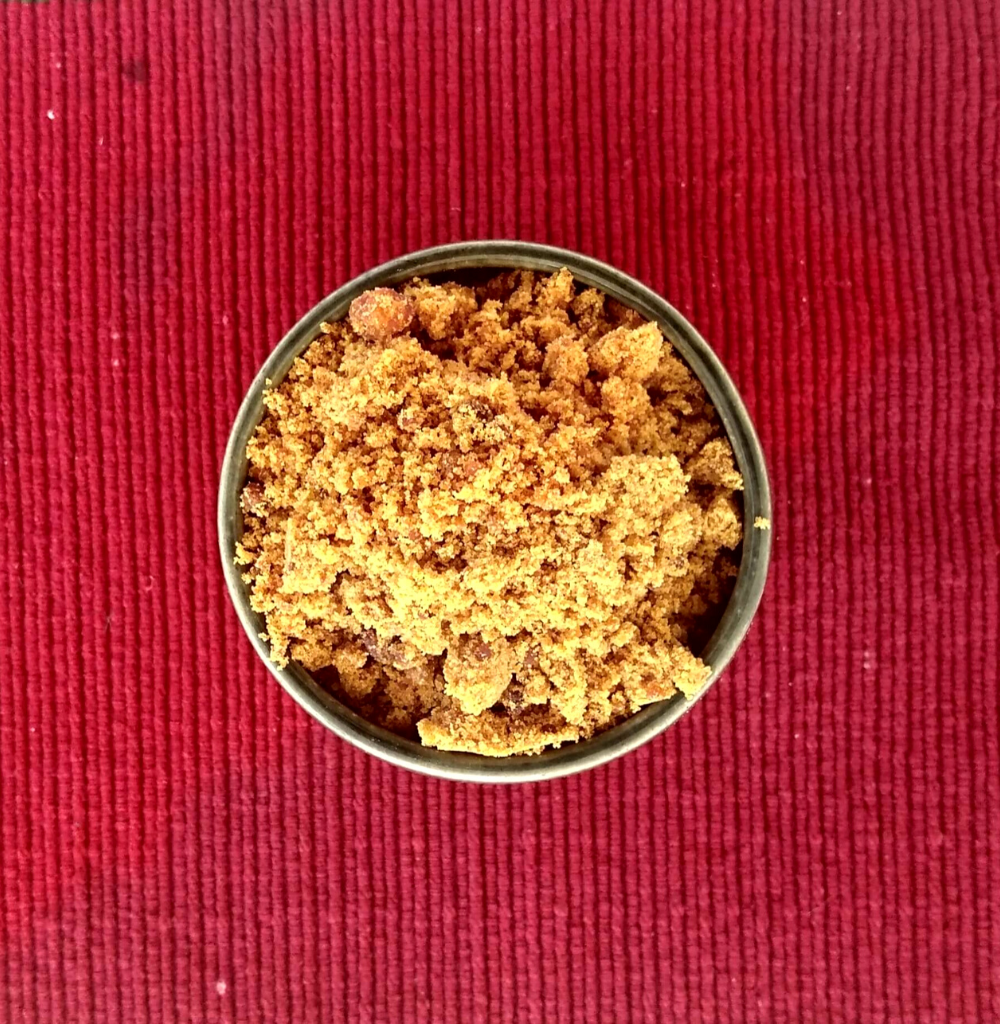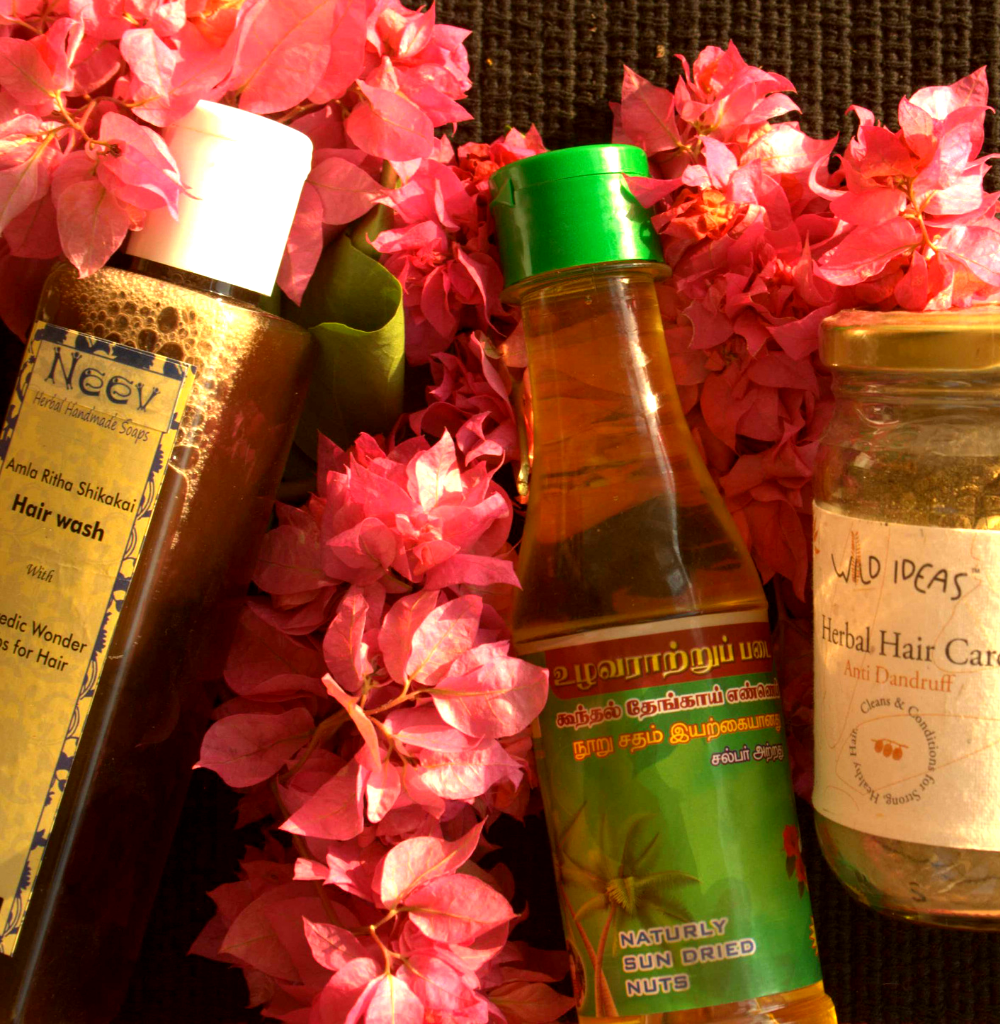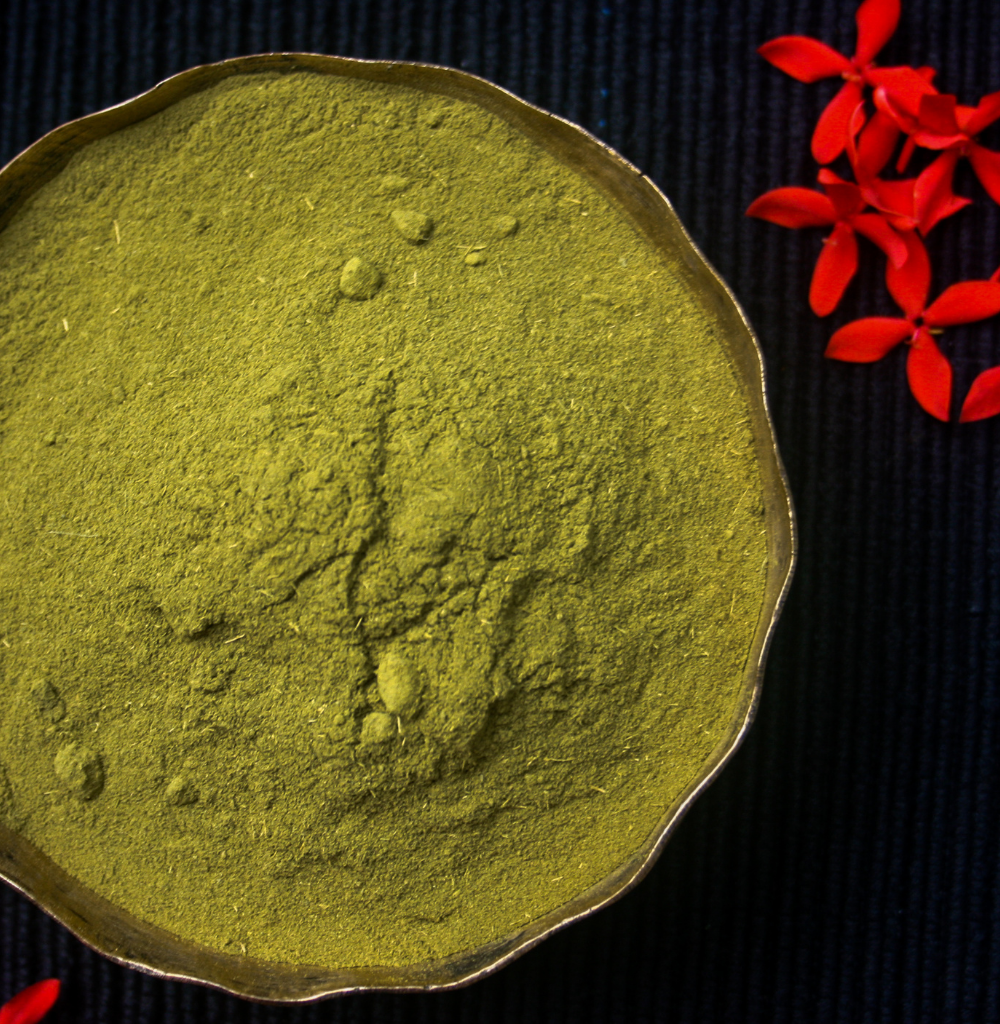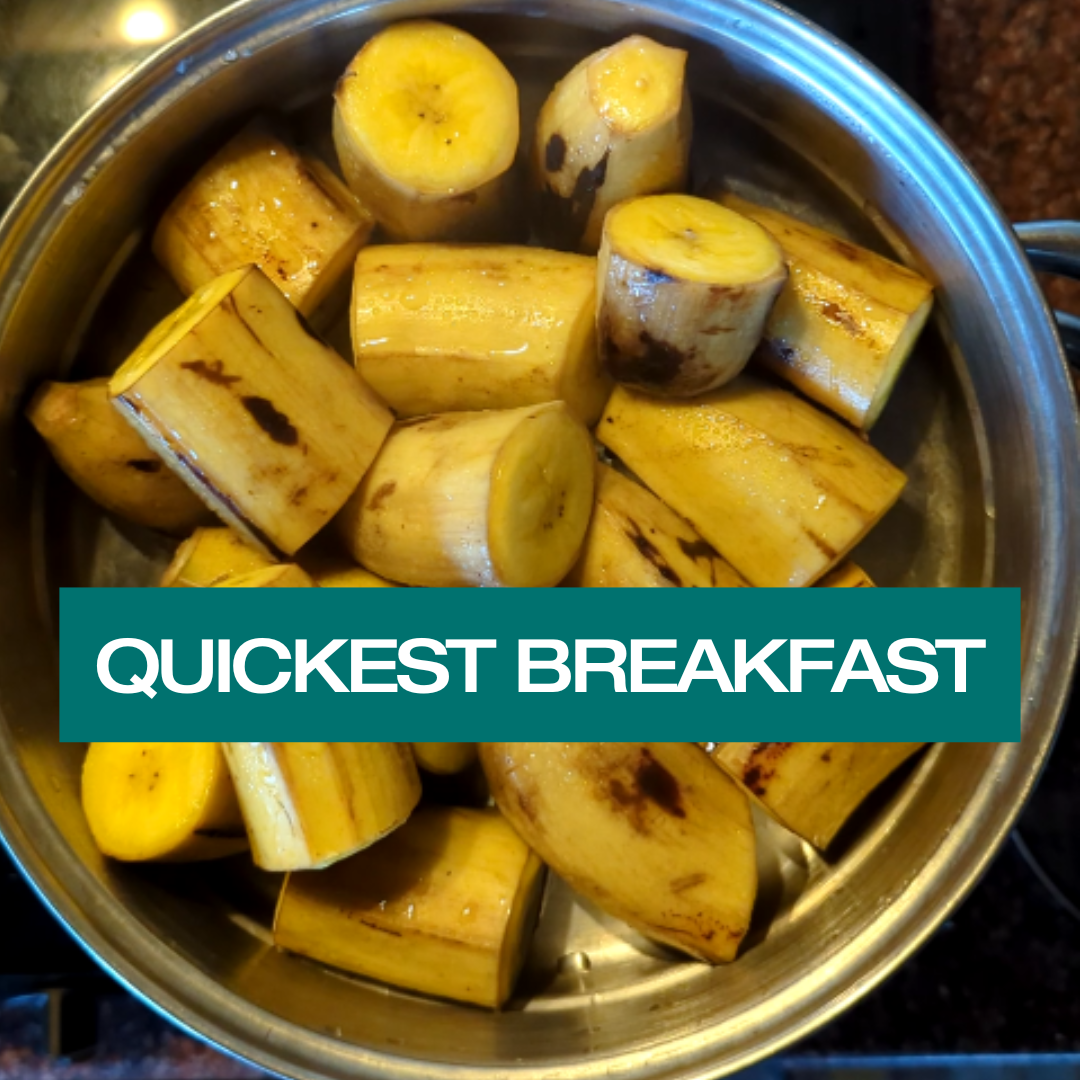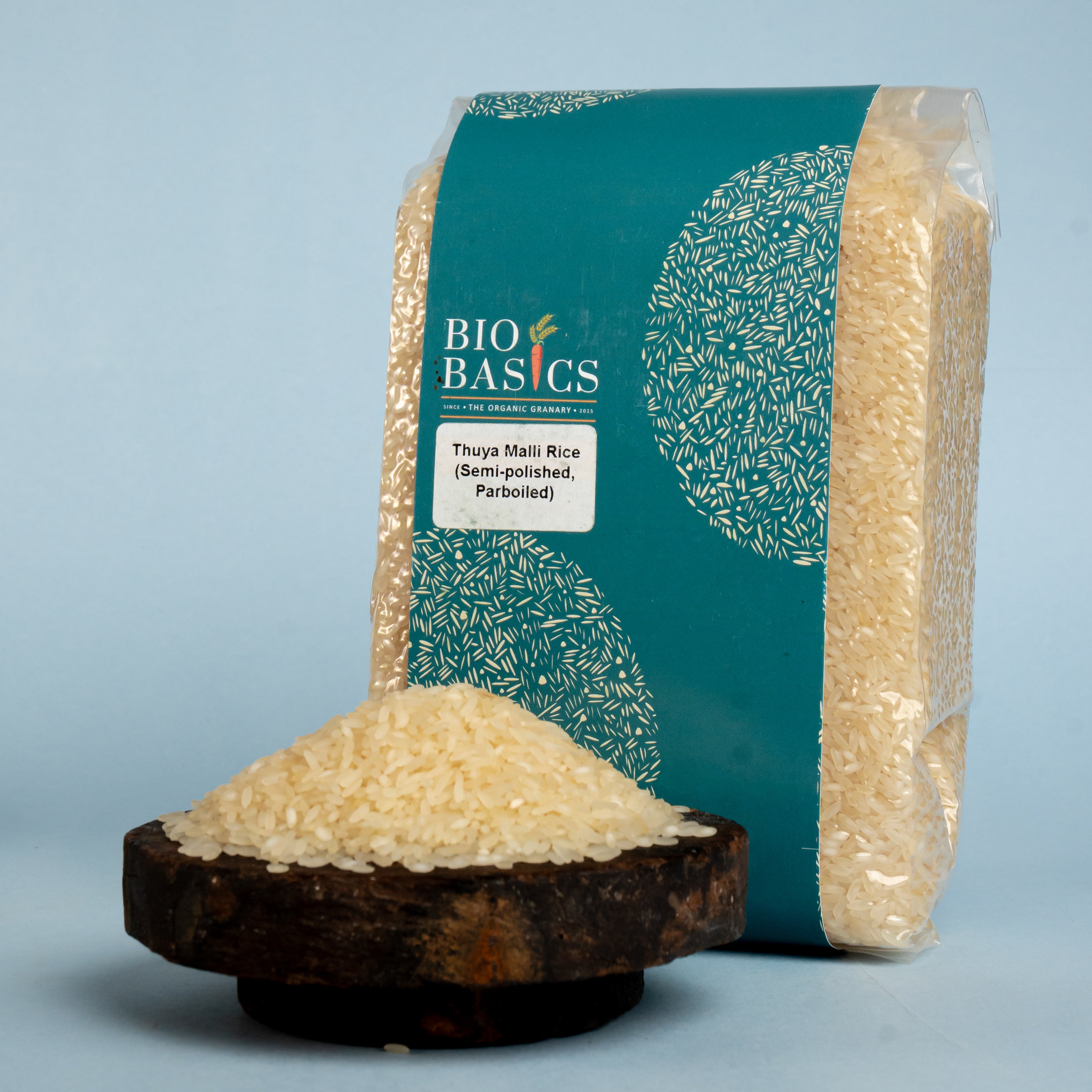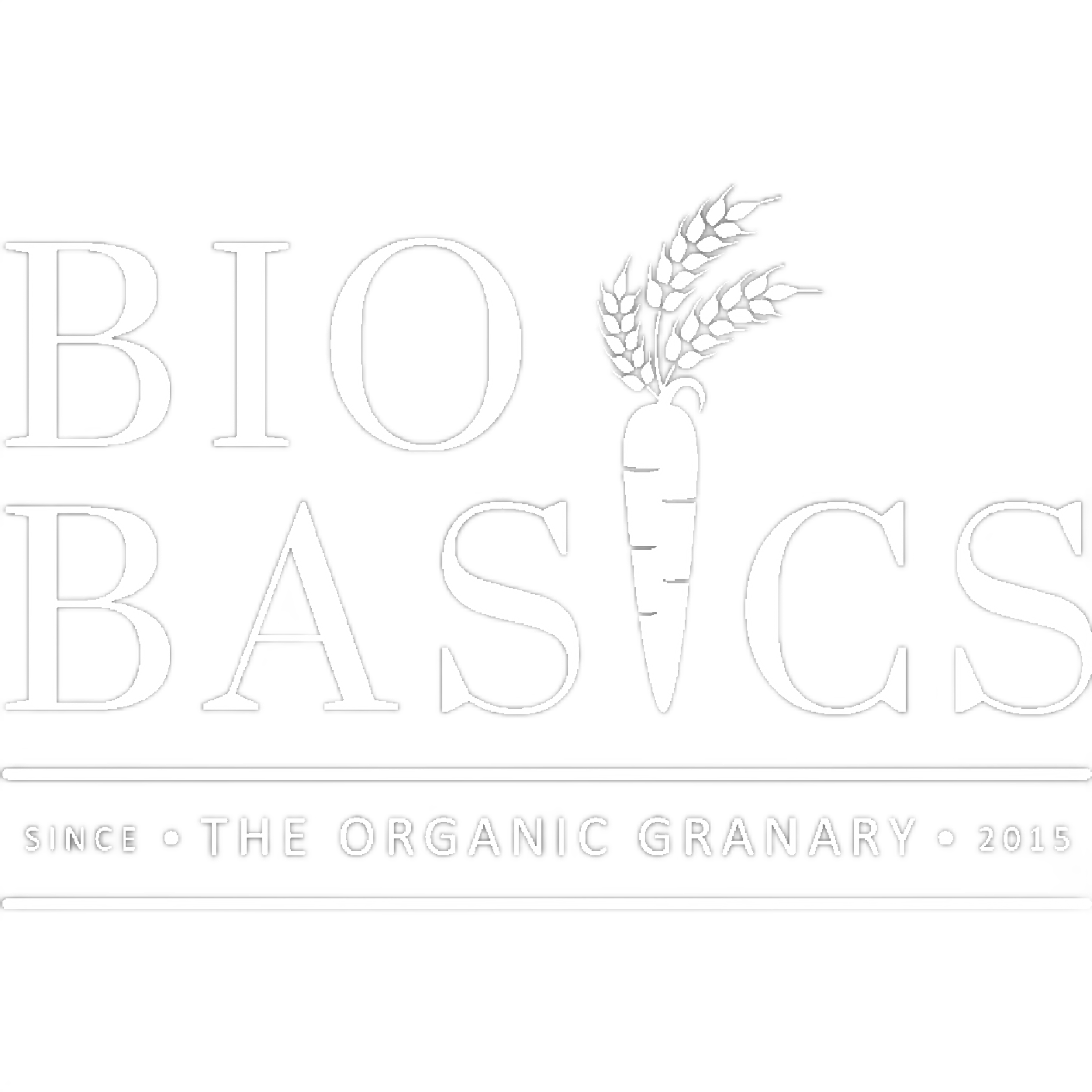“Why is organic expensive?” A question I have addressed more often than I like, and one that millions of consumers out there grapple with. Thankfully, the number of organic consumers is doubling every two years, despite this.

Here are 10 reasons why organic food is more expensive than conventional (chemical) food: 1. No fertilizer subsidy: Organic farmers use natural fertilizers, while chemical farmers get State-subsidized NPK, urea and such other chemical concoctions to “fertilize” their soil (actually it ends up harming the soil more!)
2. No pesticide subsidy: Organic farmers use natural pest “repellents”, while chemical farmers get subsidized concoctions. Just “fill it (pesticide spraying can), spray it, forget it” farming.
3. More labour: Organic farmers have to de-weed manually, while chemical farmers can use any of the “cides” to do this job – weedicide, herbicide, fungicide, and sadly, although leading them to suicide themselves!! Organic farmers have to make bio-inputs in their farms themselves. And farm labour is not only scanty, but also expensive.
4.No warehousing support: Chemical farmers can store their grains at FCI/other godowns at a low cost, while organic farmers have to store it themselves in their own farms and cannot store their produce with that of chemical farmers.
5. No seed subsidy: The subsidy lop-sidedness continues with even seeds. Organic farmers have to save their own seeds which takes time, skill and effort.
6. Lower scale: Organic farms by design are not monocultures. A typical organic farmer would grow at least 5-9 crops at any time. Nature thrives in diversity, not monocultures. So the timing of sowing, harvesting, processing and transporting to the markets differ from crop to crop, hence reducing economies of scale.
7. Lower yield: Organic farms take time to undo the damage of previous chemical misuse. So their yields are lower initially. Organic farms also are more prone to pest attack, because bugs know best (at least better than some of us!!).
8. More wastage: Without chemical fumigation, etc. , organic grains are prone to more infestation and wastage.
9. Certification costs: Certification of organic produce is like asking Sita to prove her chastity, but this is Kaliyuga! And it costs.
10. Marketing costs: Cost of convincing the customer that organic food is good for health, their children, curing/preventing ailments. Costs that cheap chemical food does not have to incur at all! All in all, if we remove the State from food business and genuinely regulate the quality of the food we eat, organic food can get even cheaper than chemicalized produce.
Despite these odds, 8 lakh organic farmers, Bio Basics and many others march on towards a future safer for soil, water, animals, humans and the environment. Thanks to organic food consumers for being discerning enough to value things higher than mere commercials.
